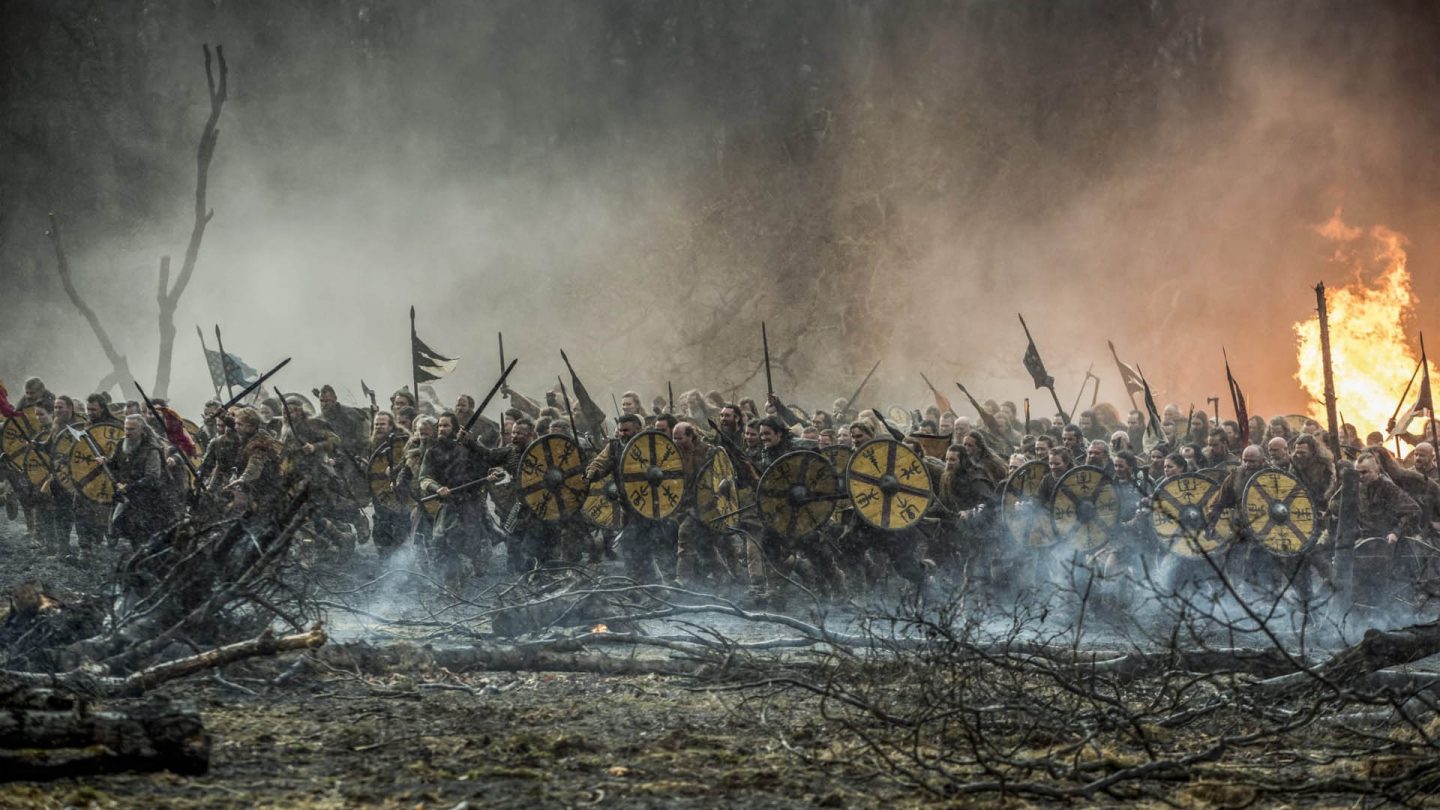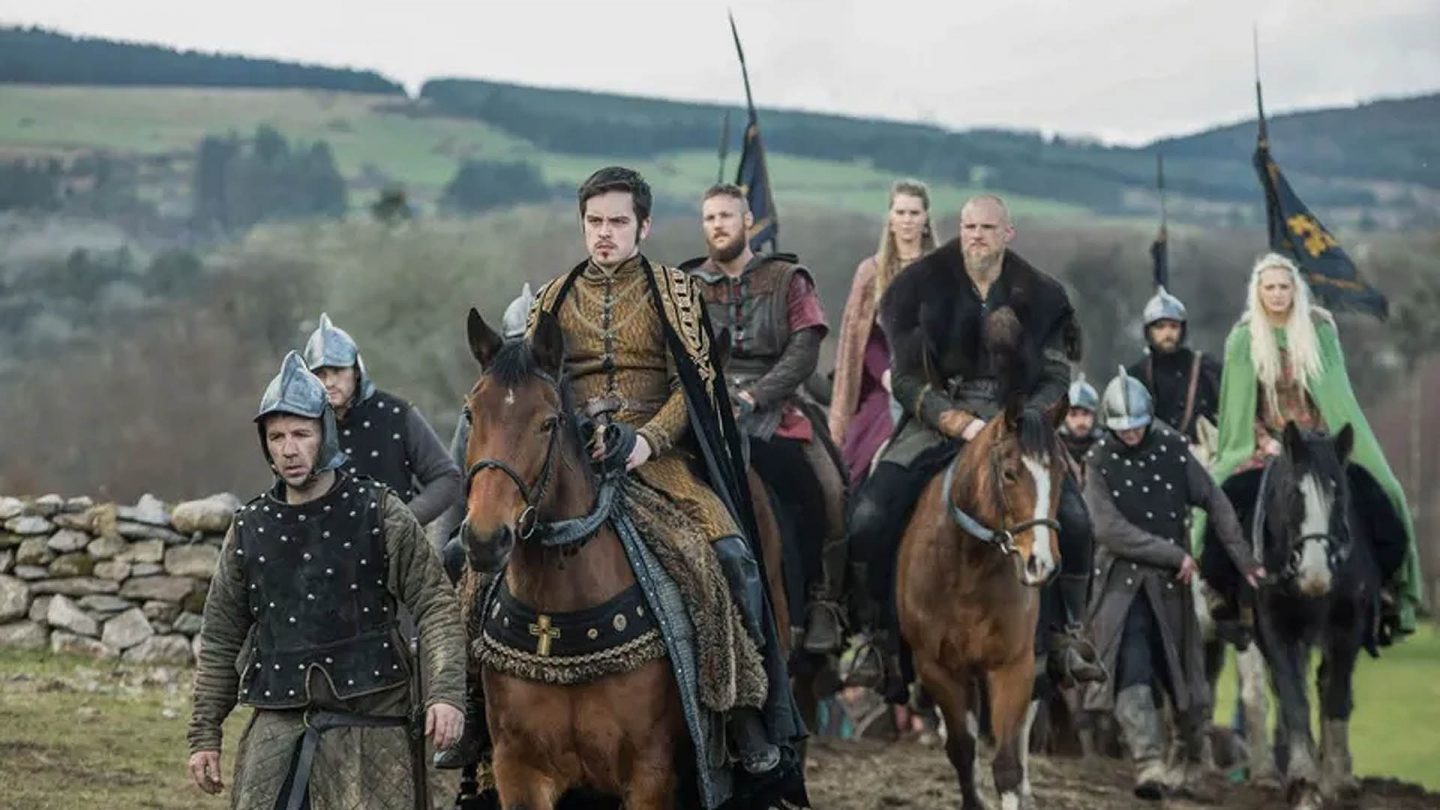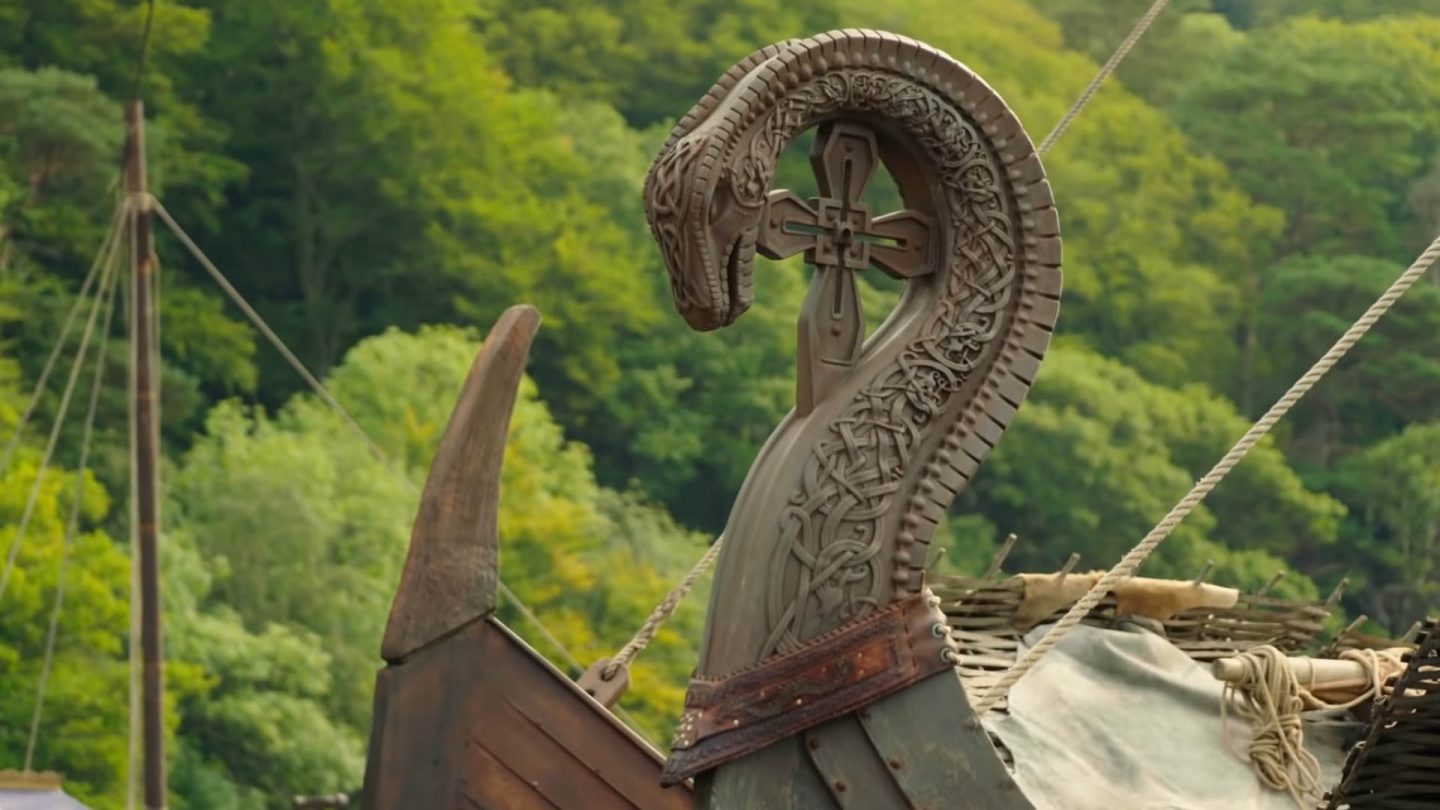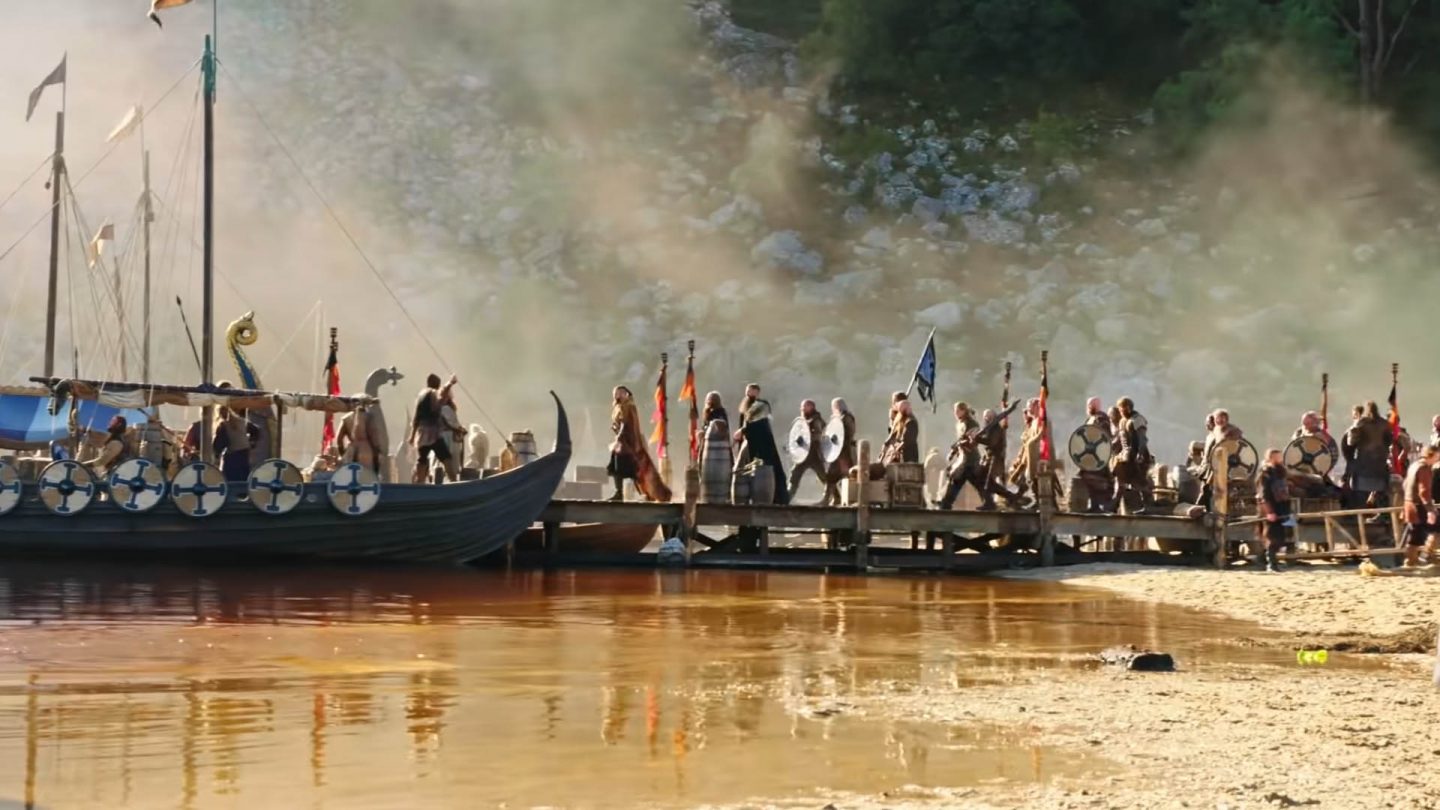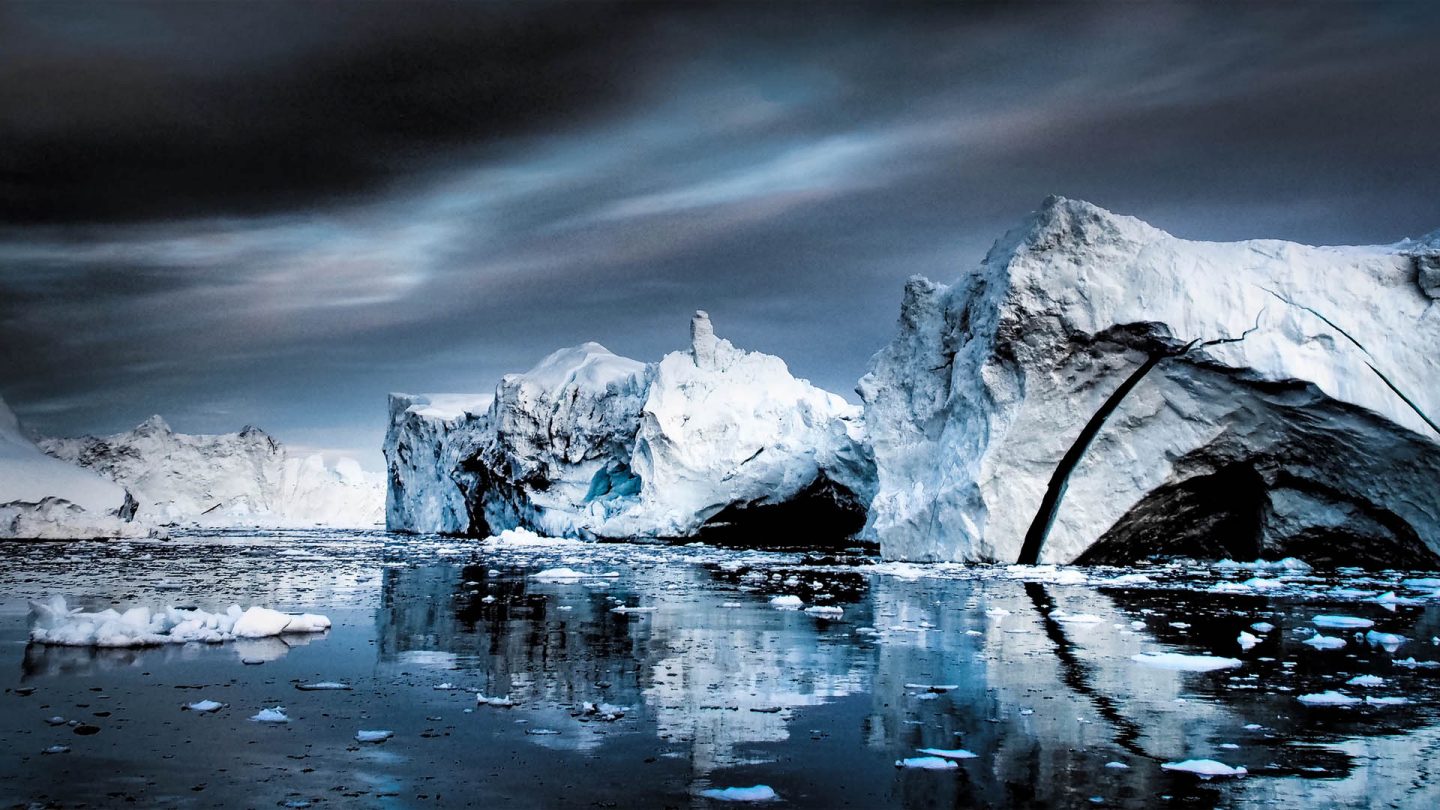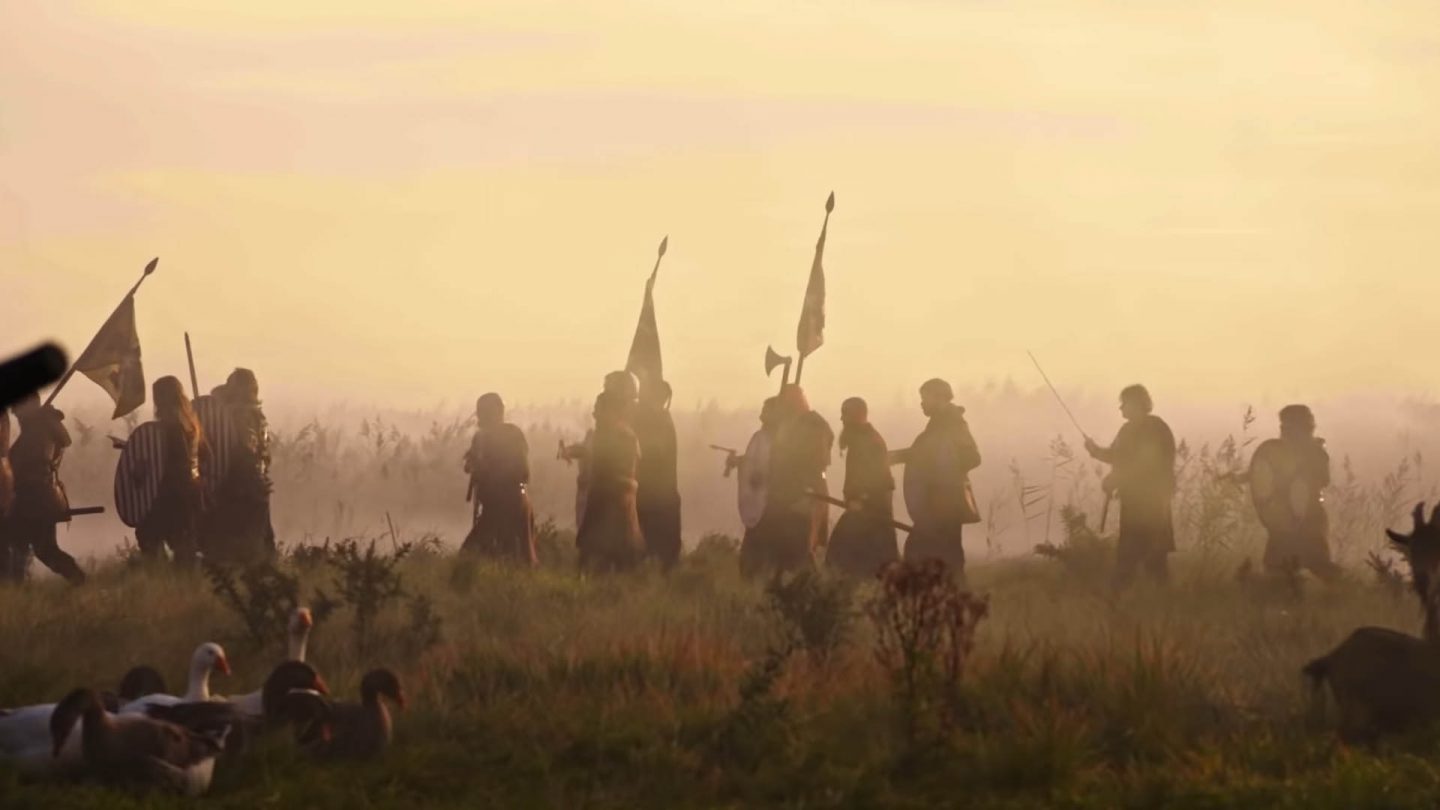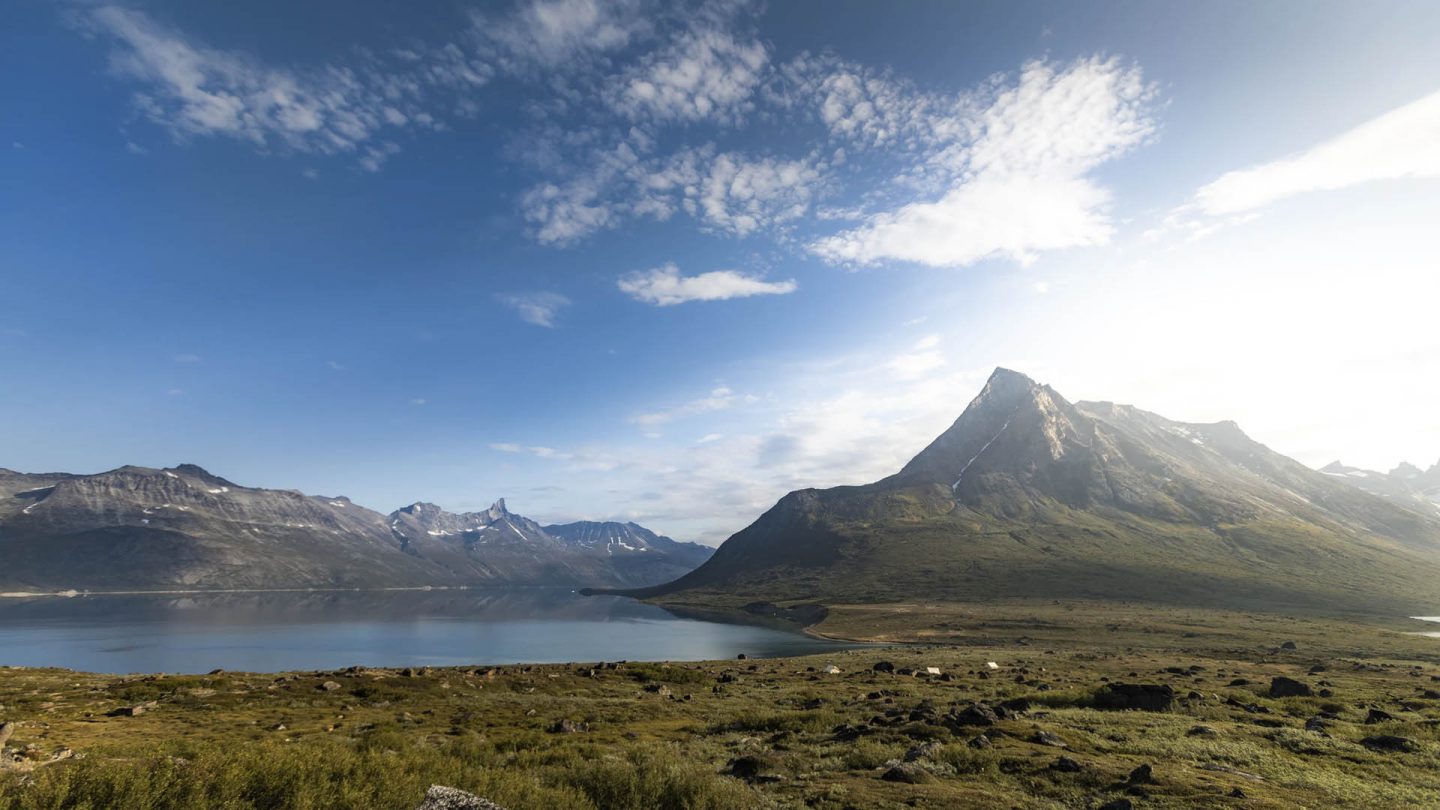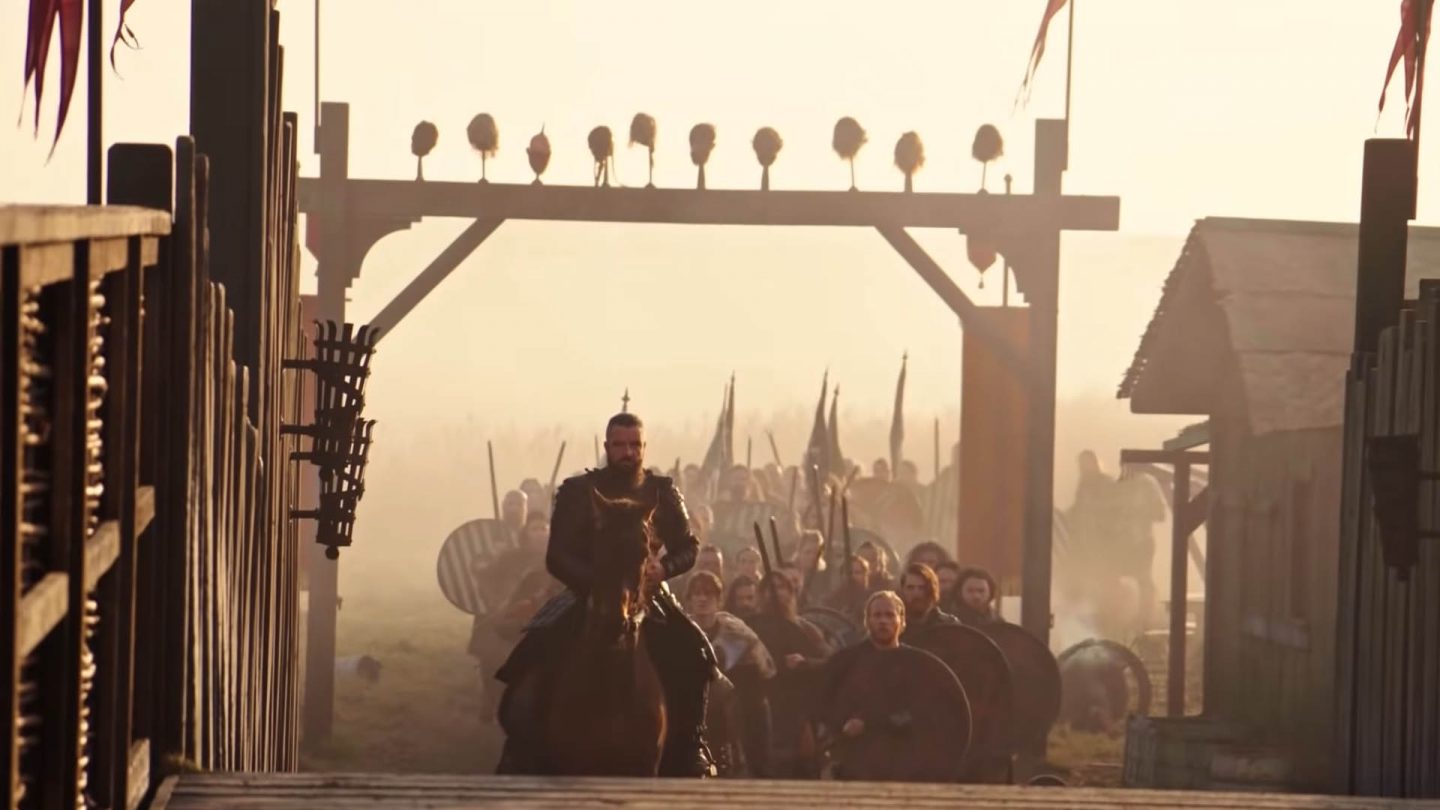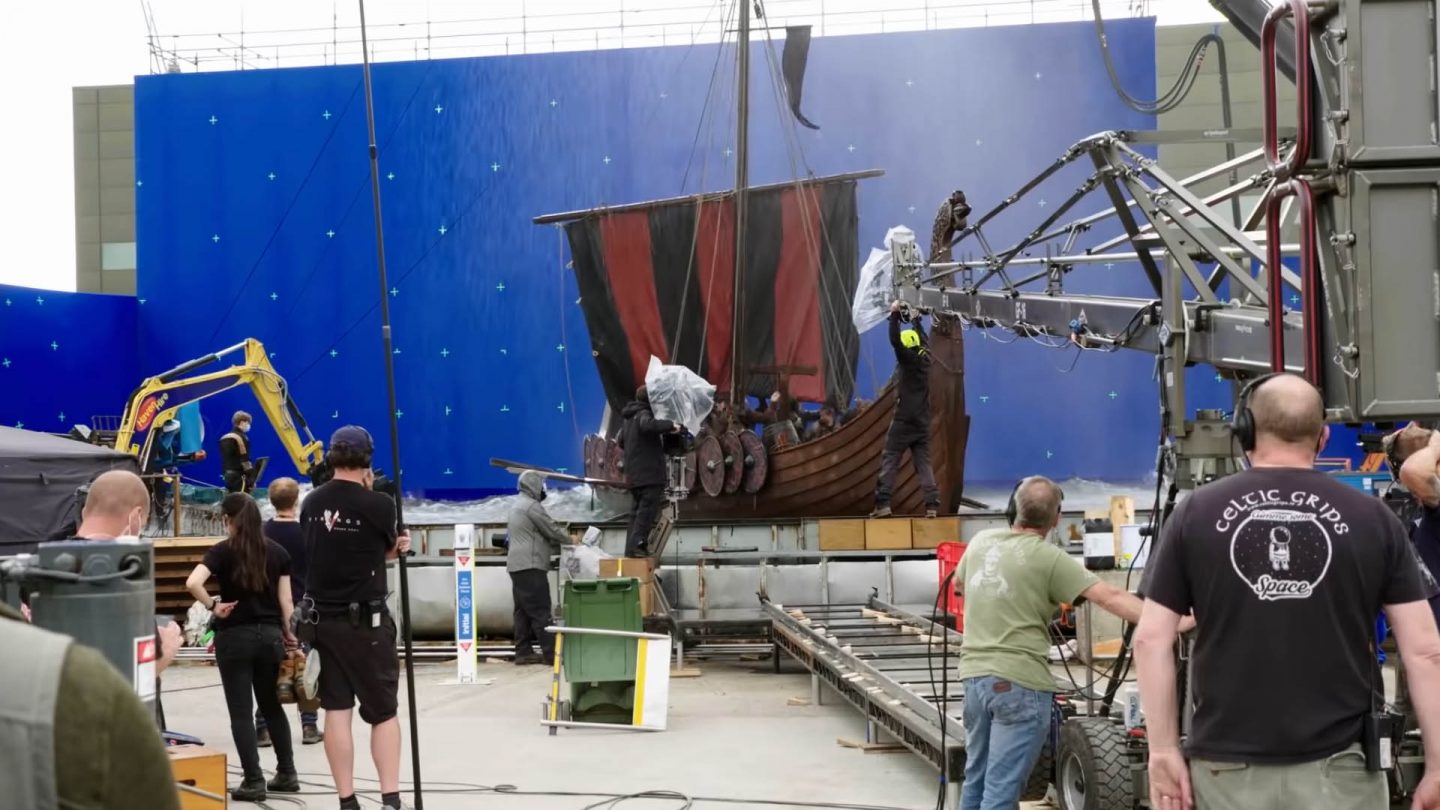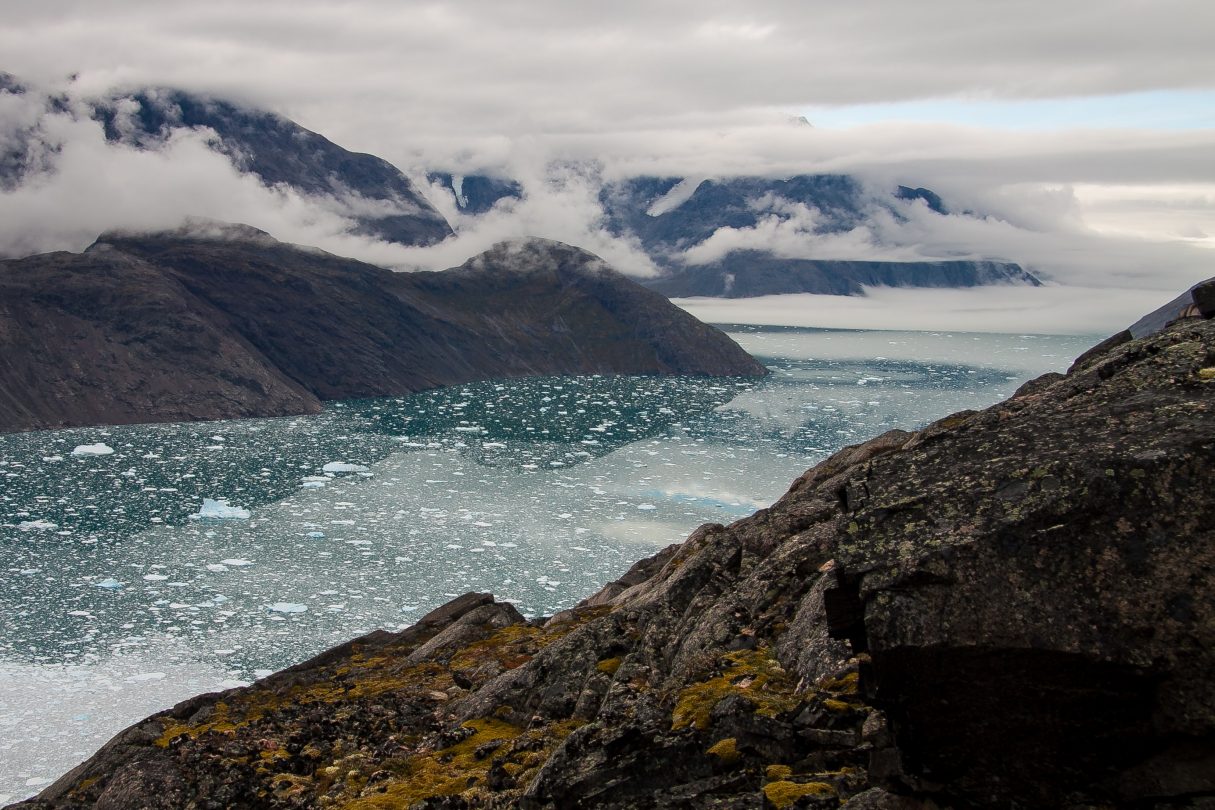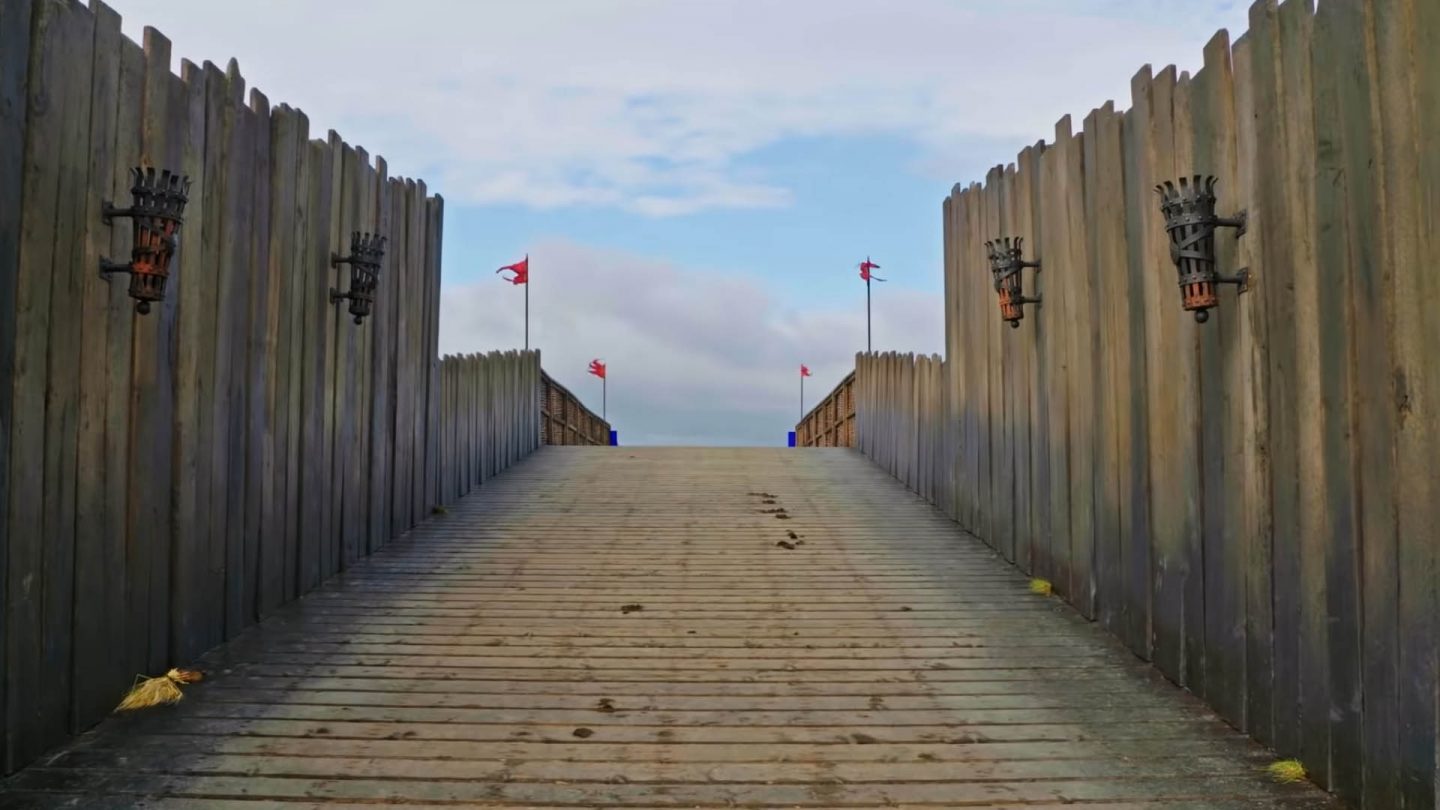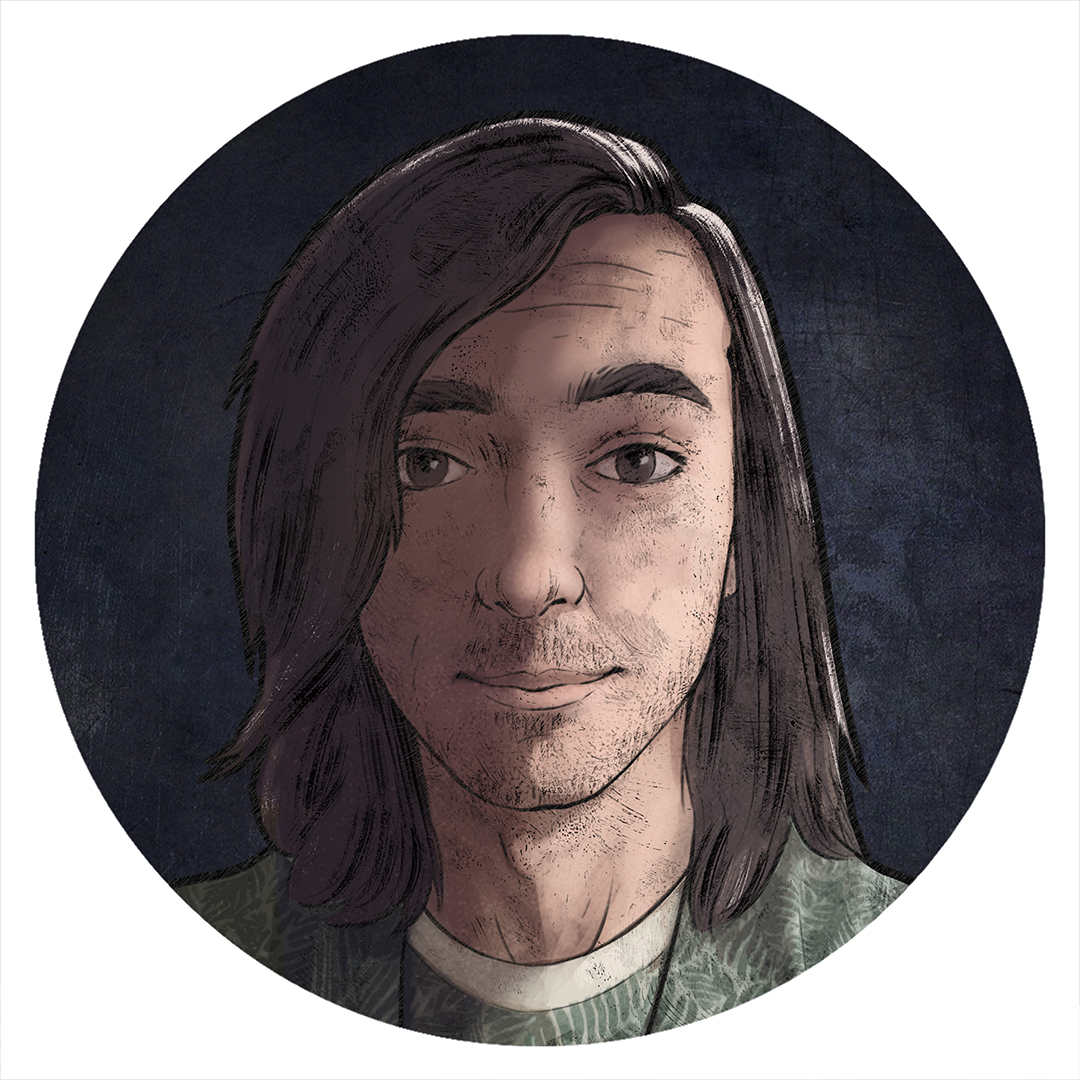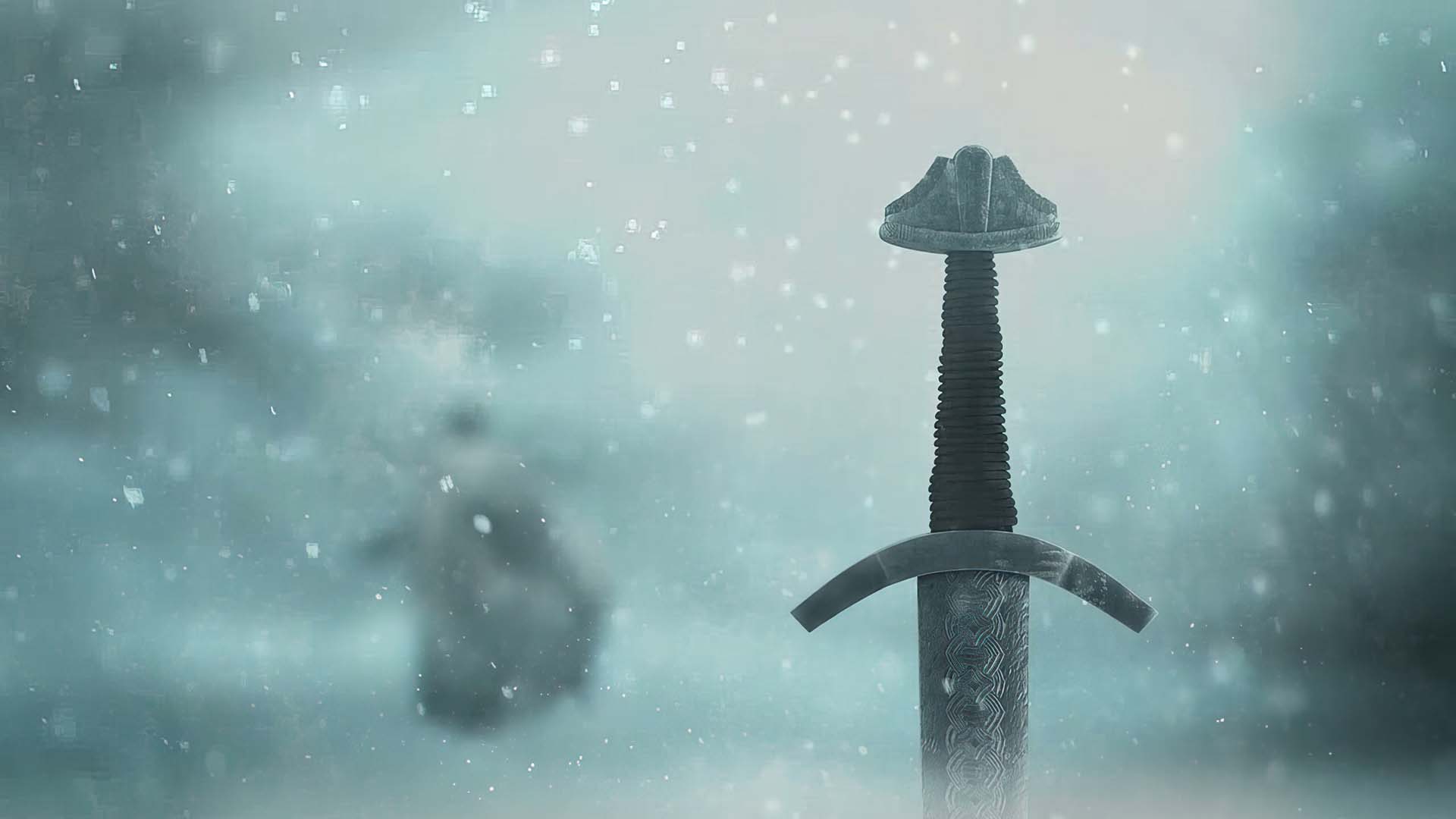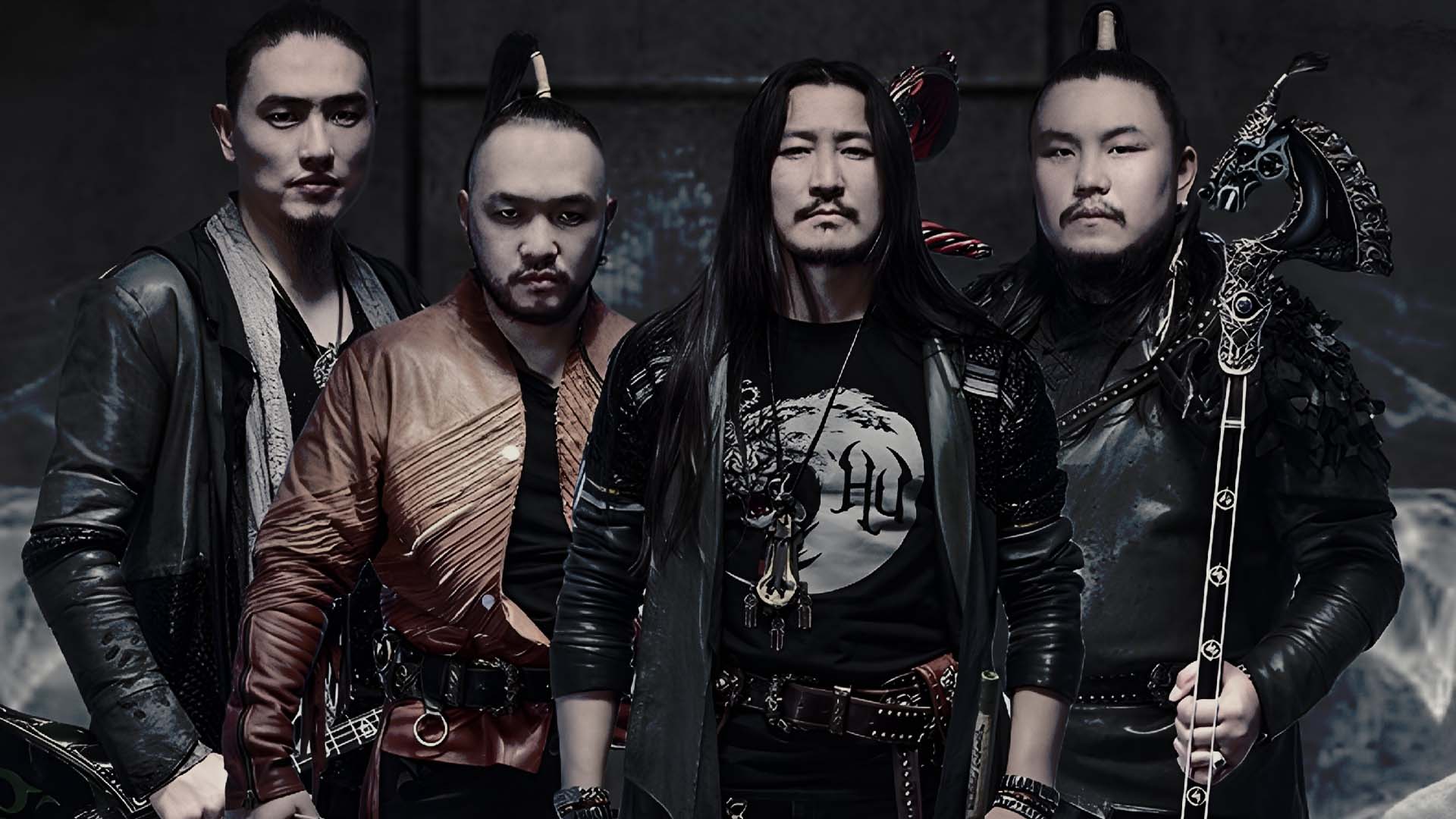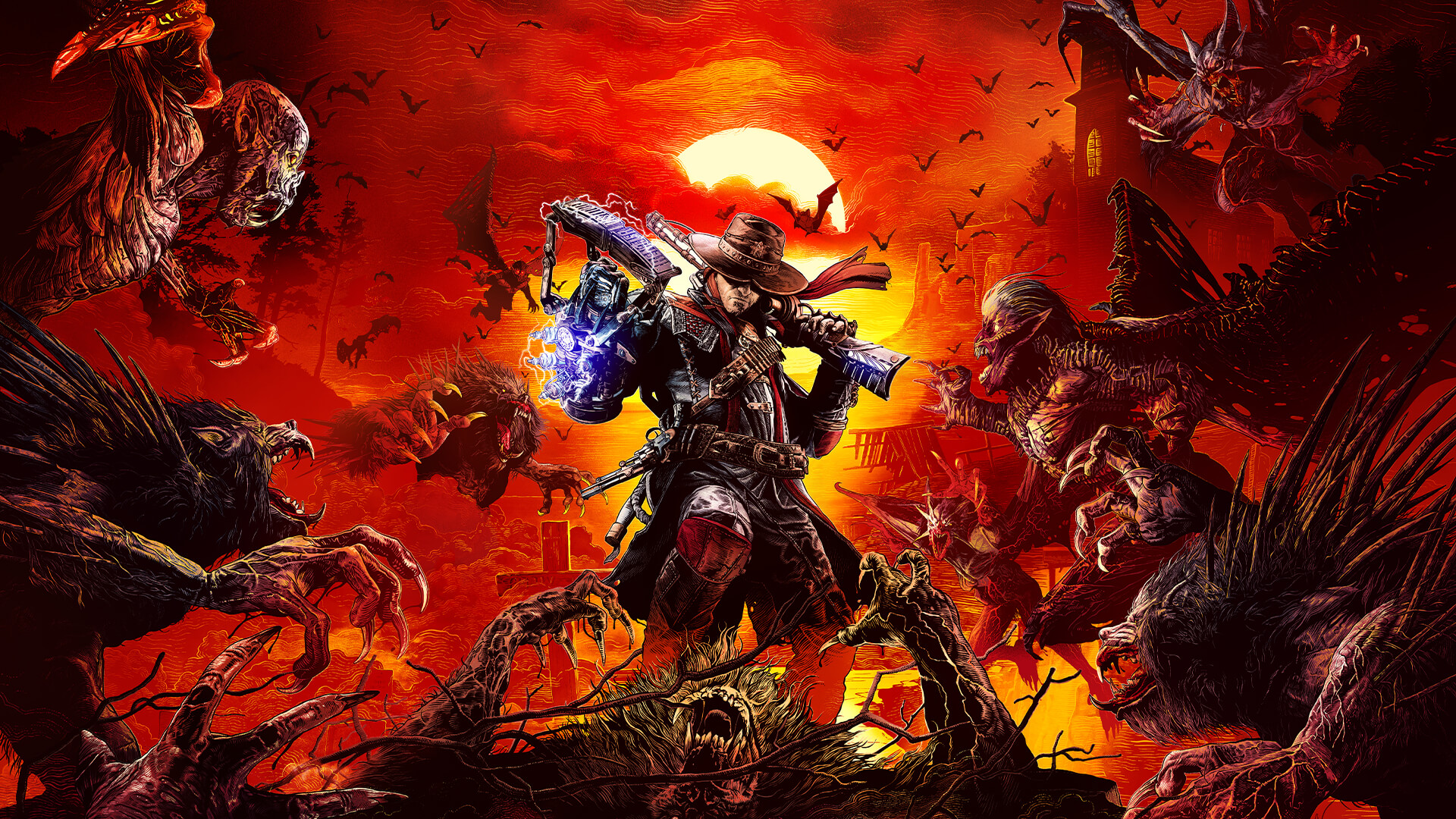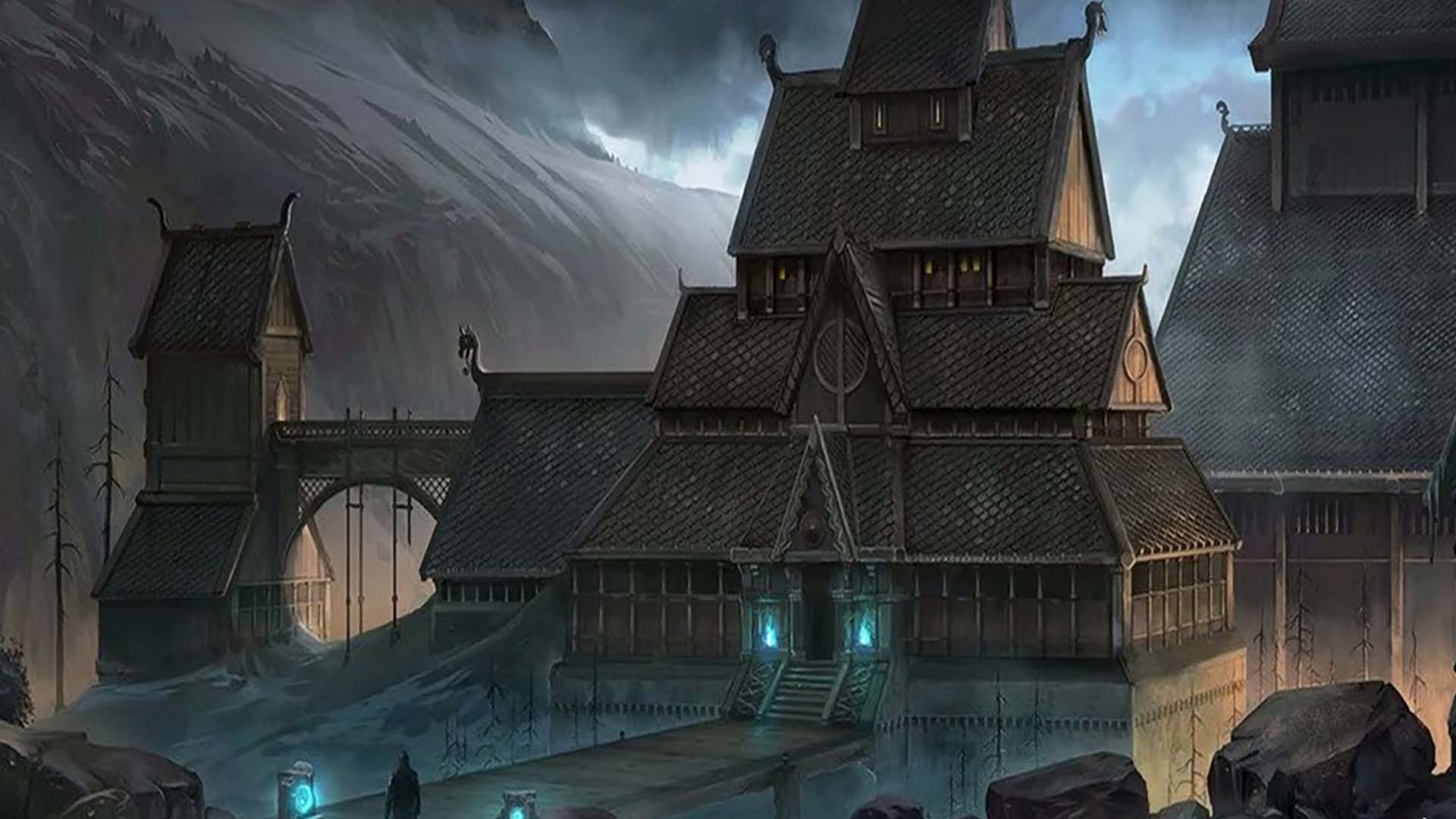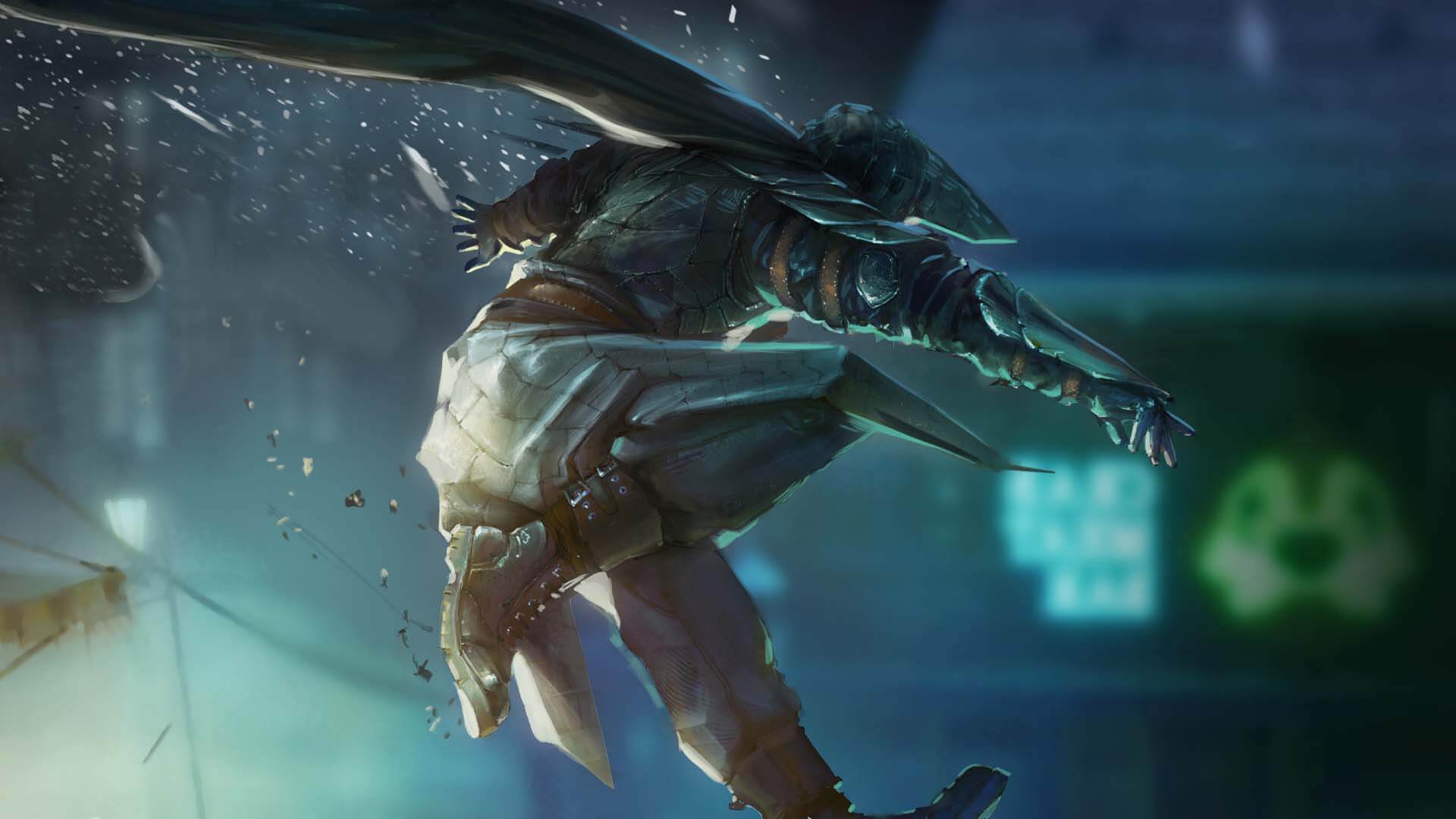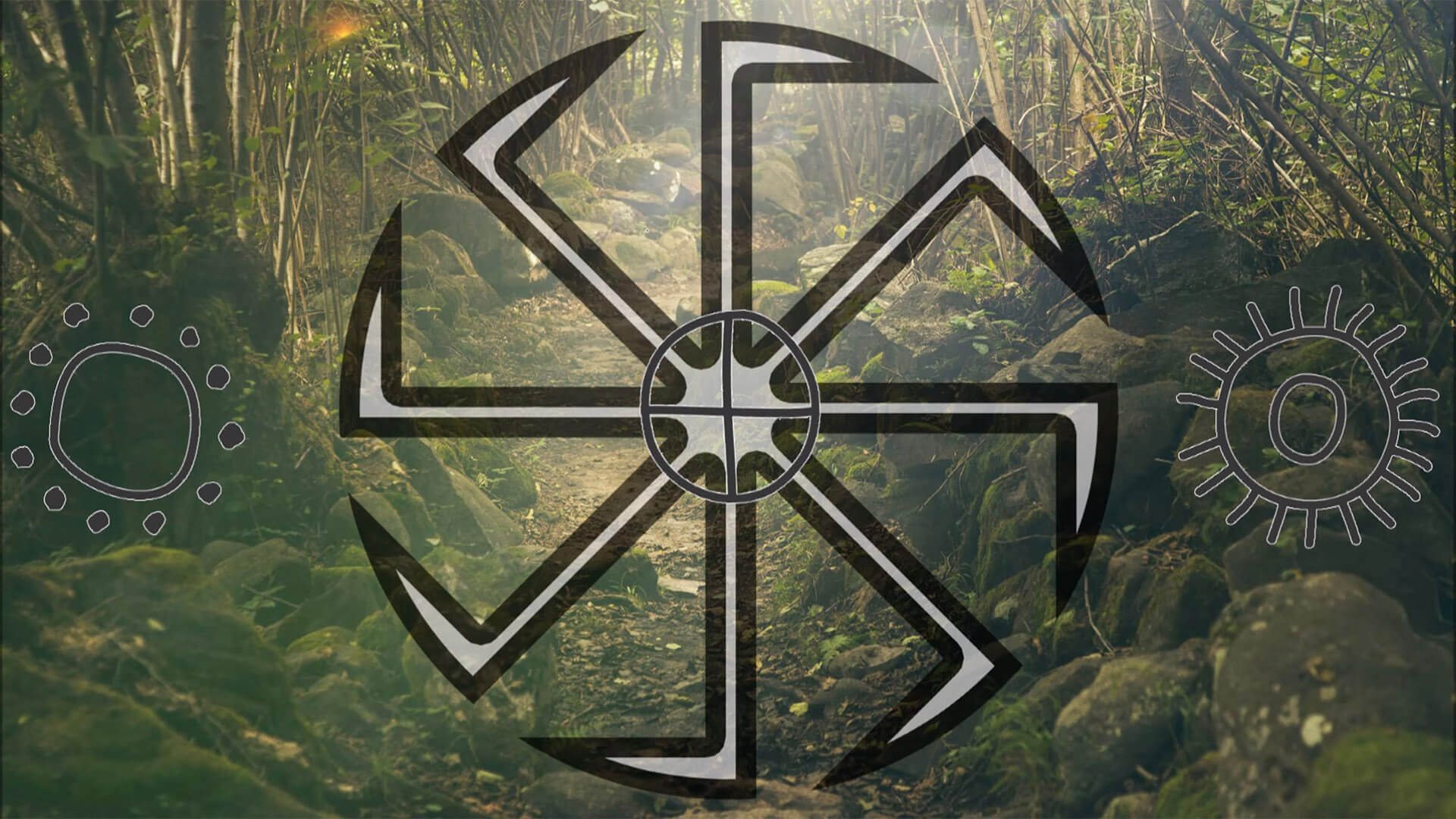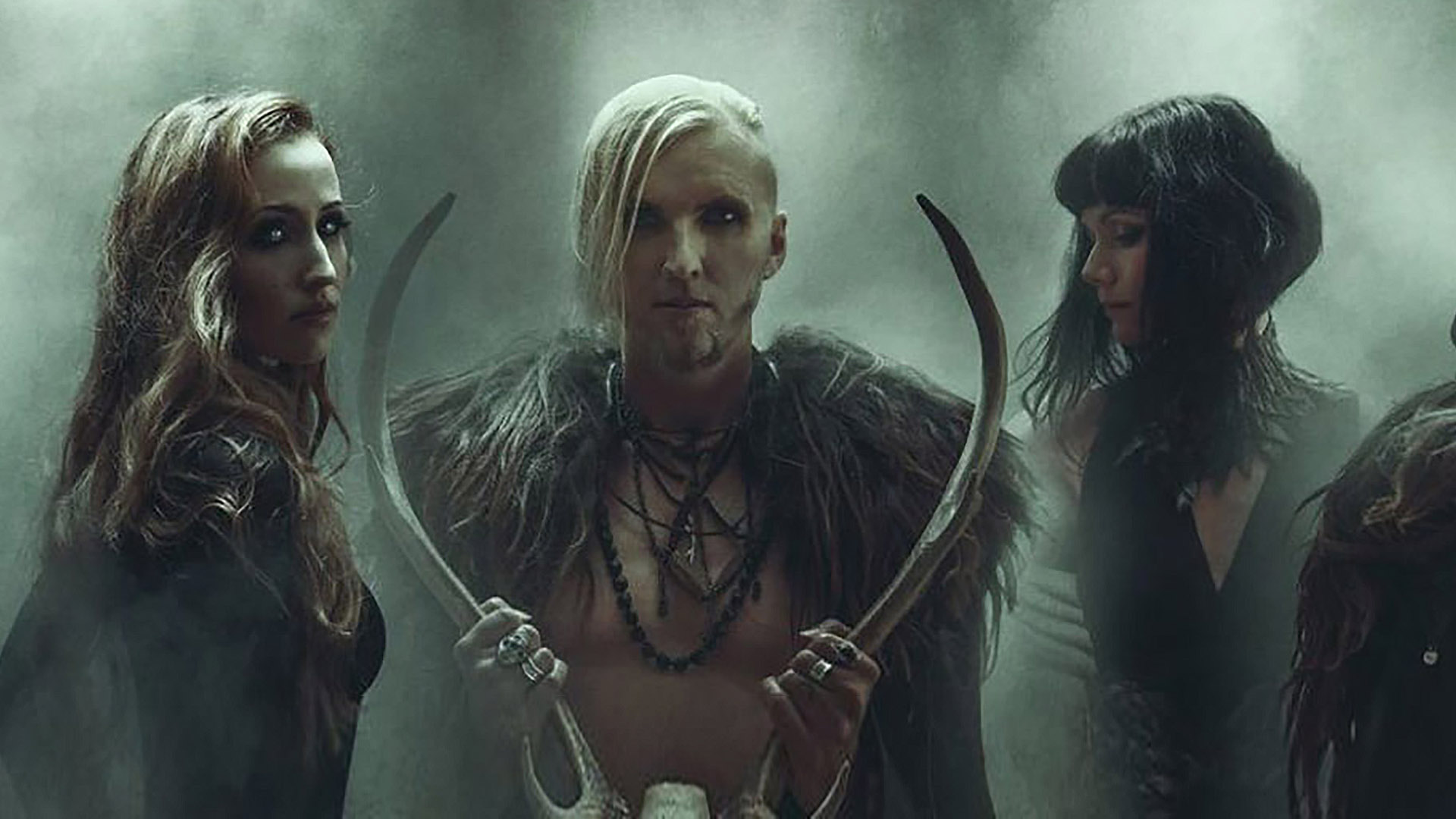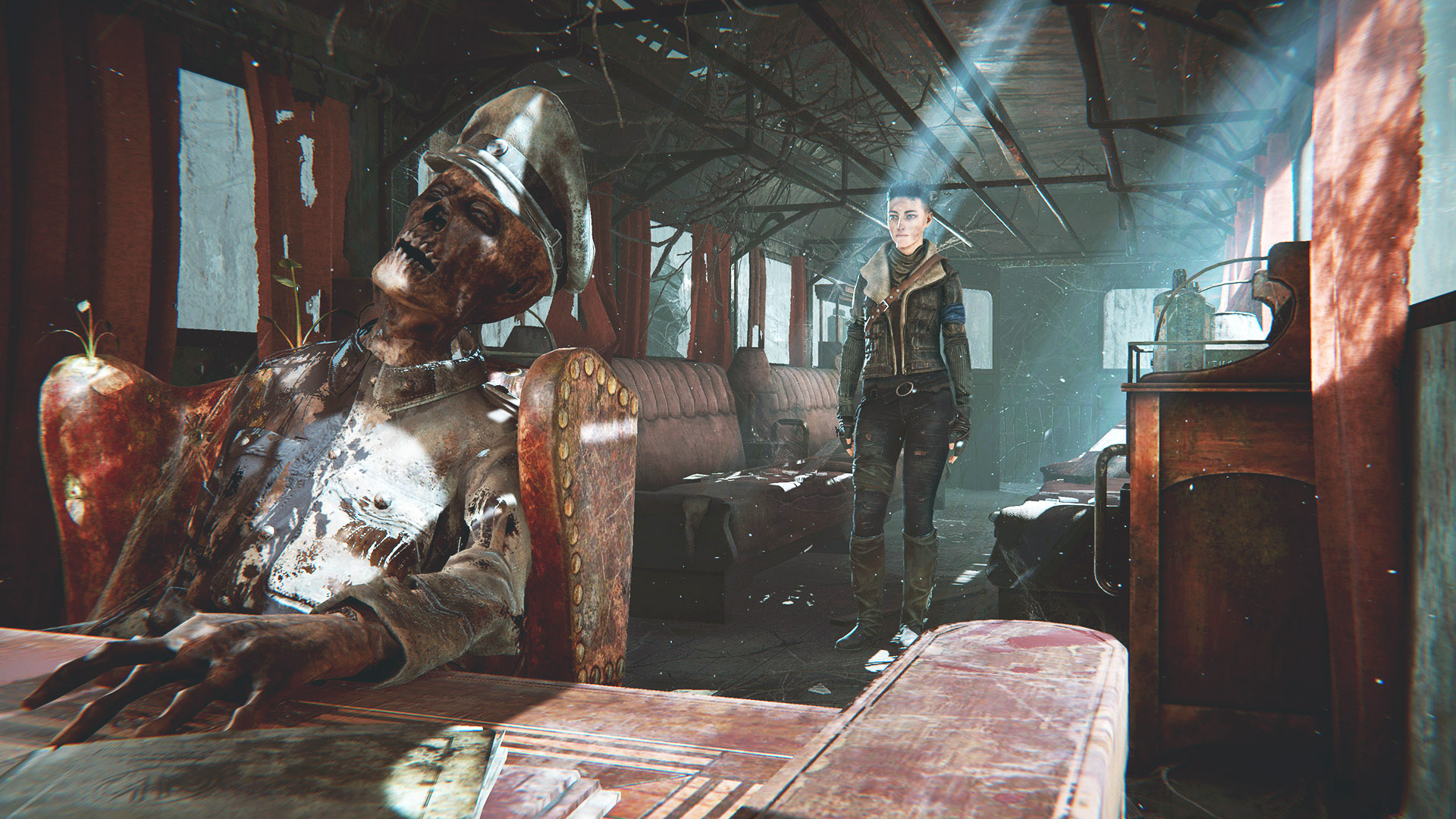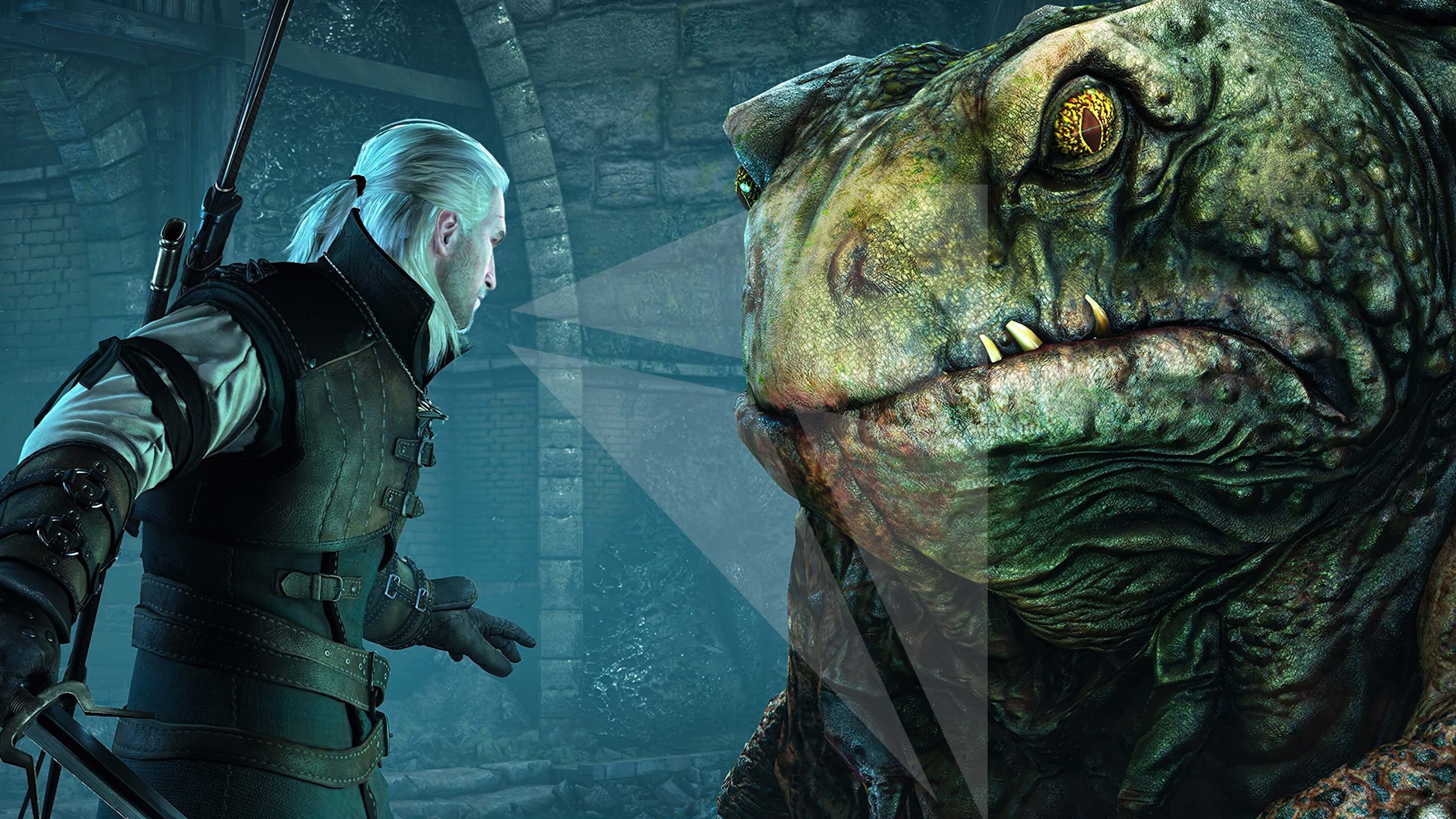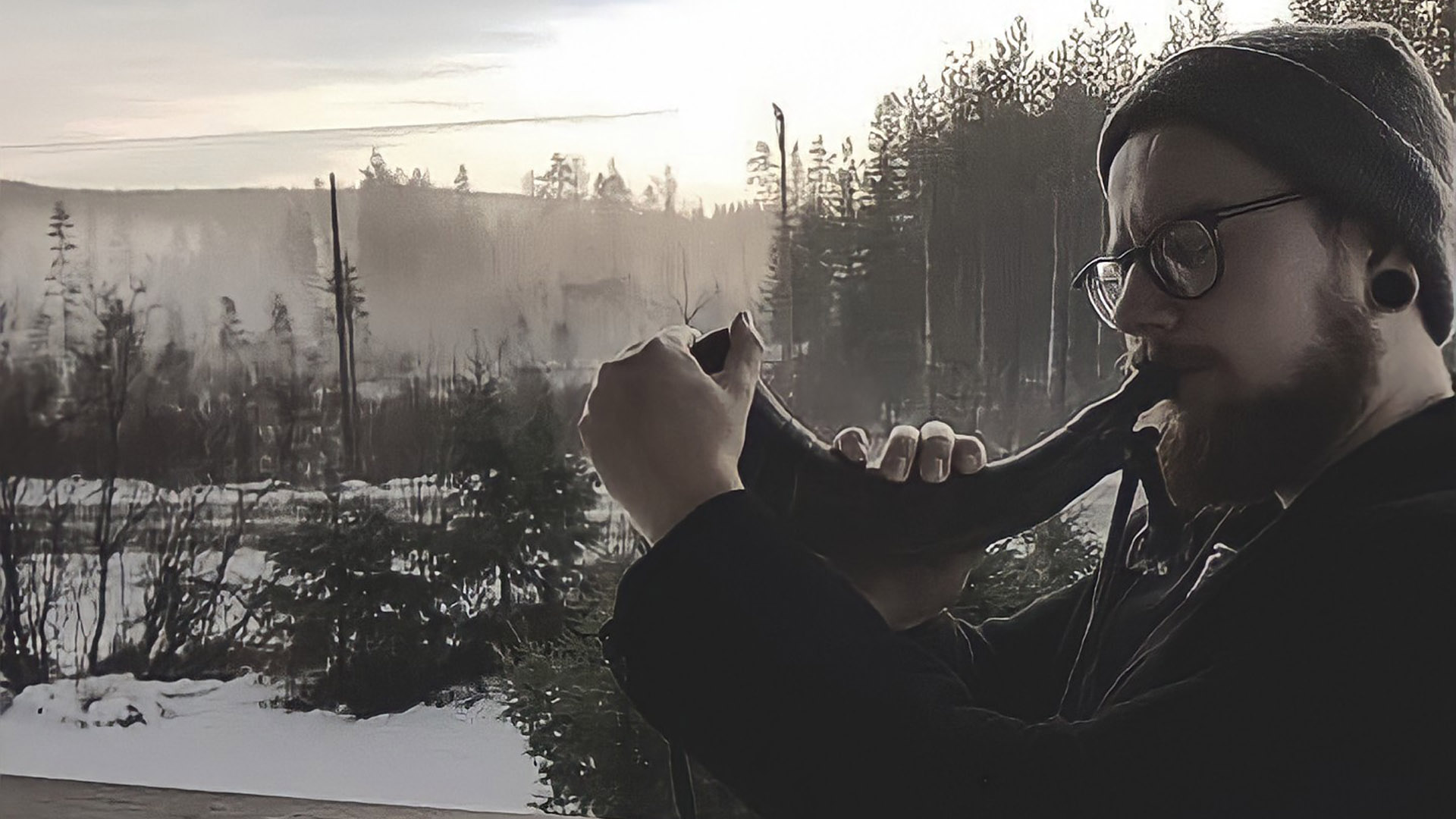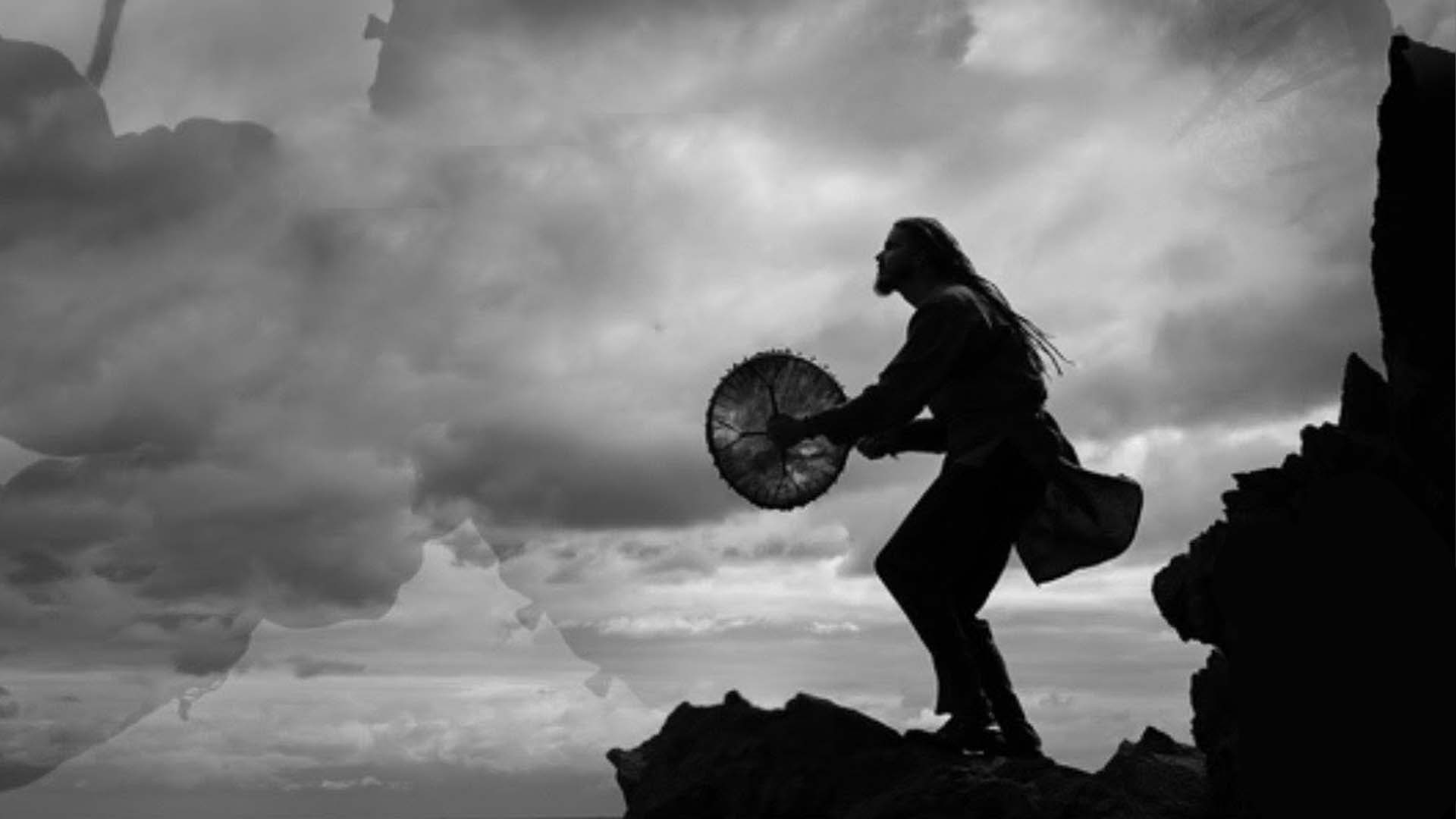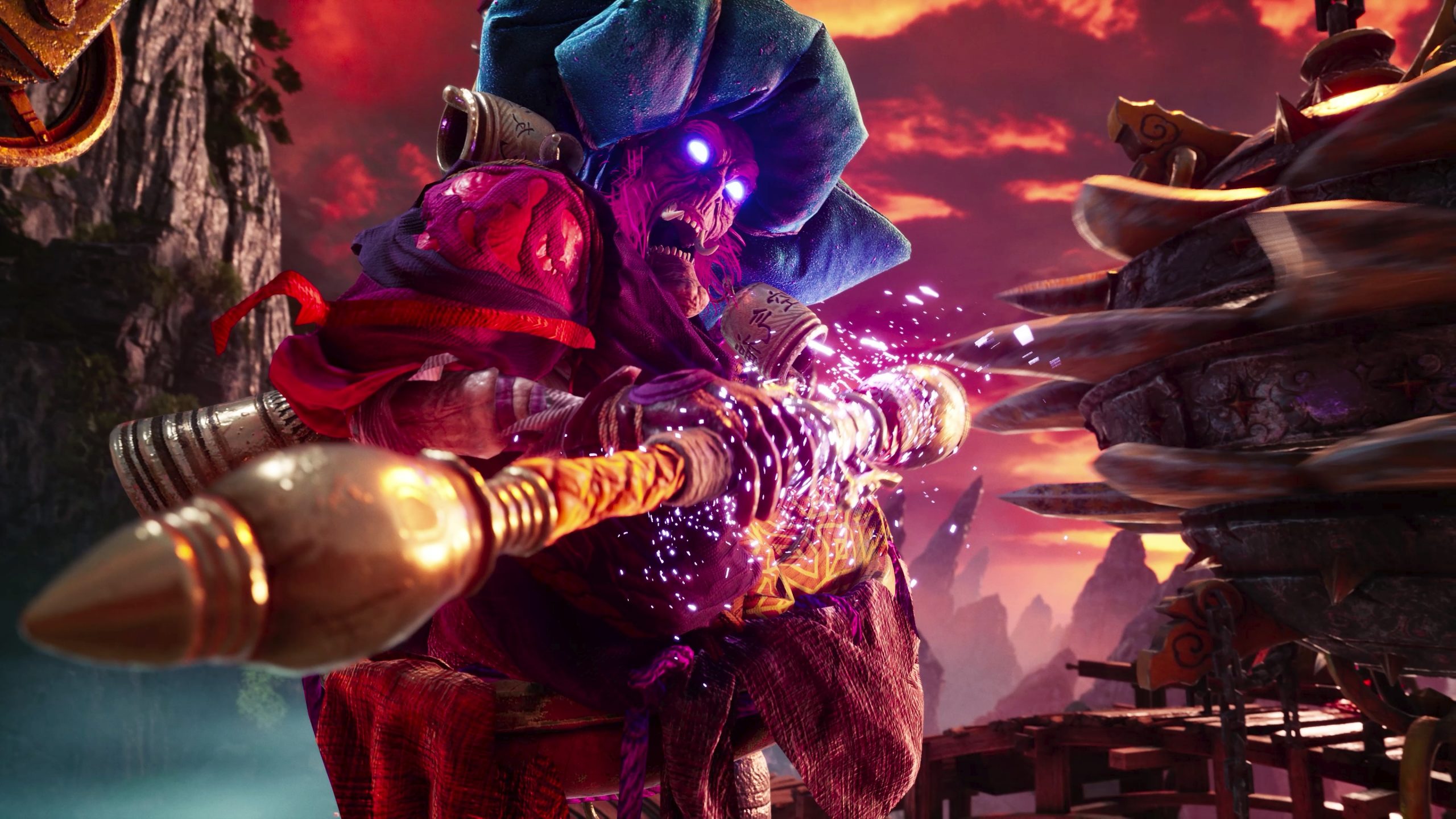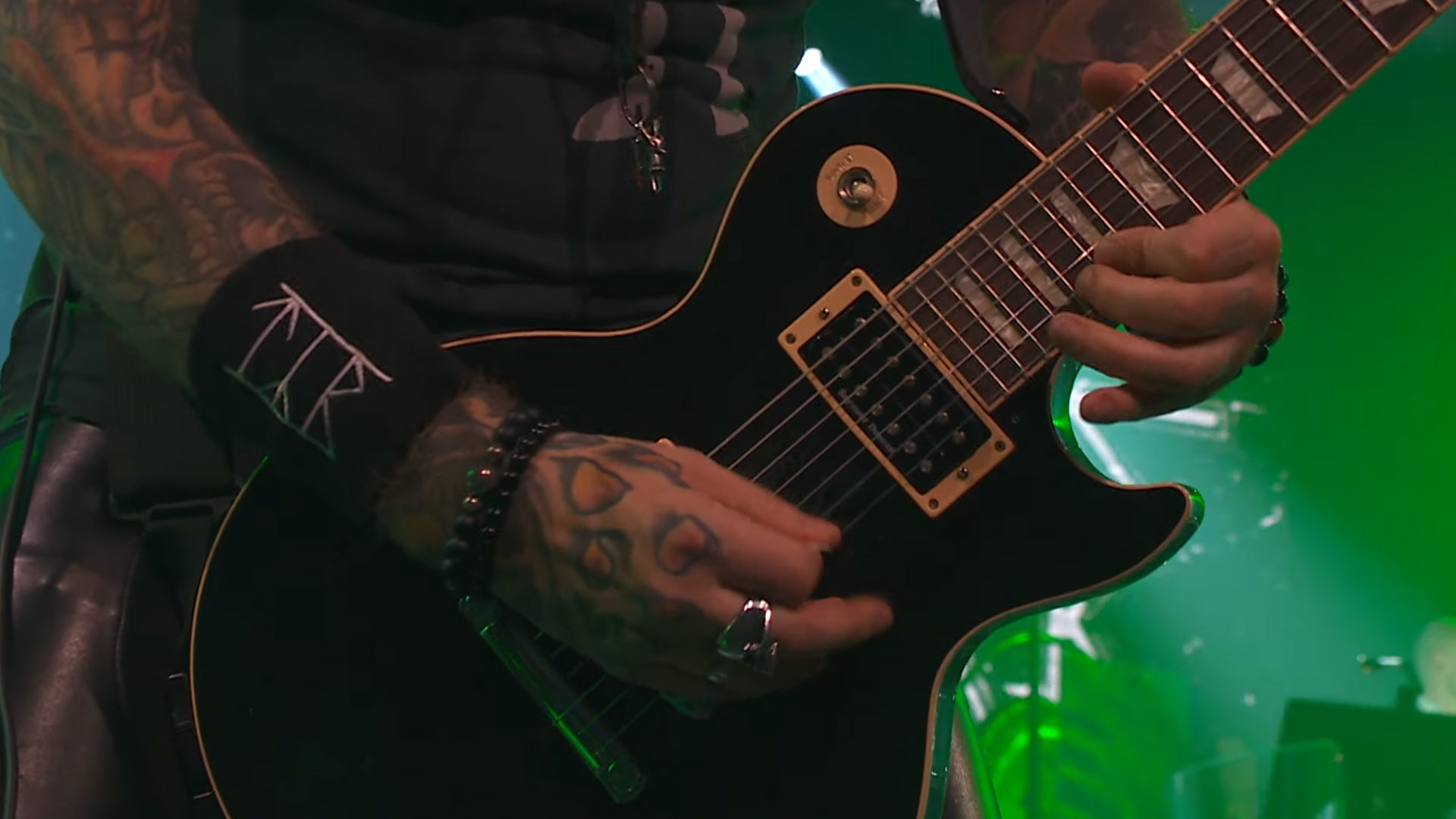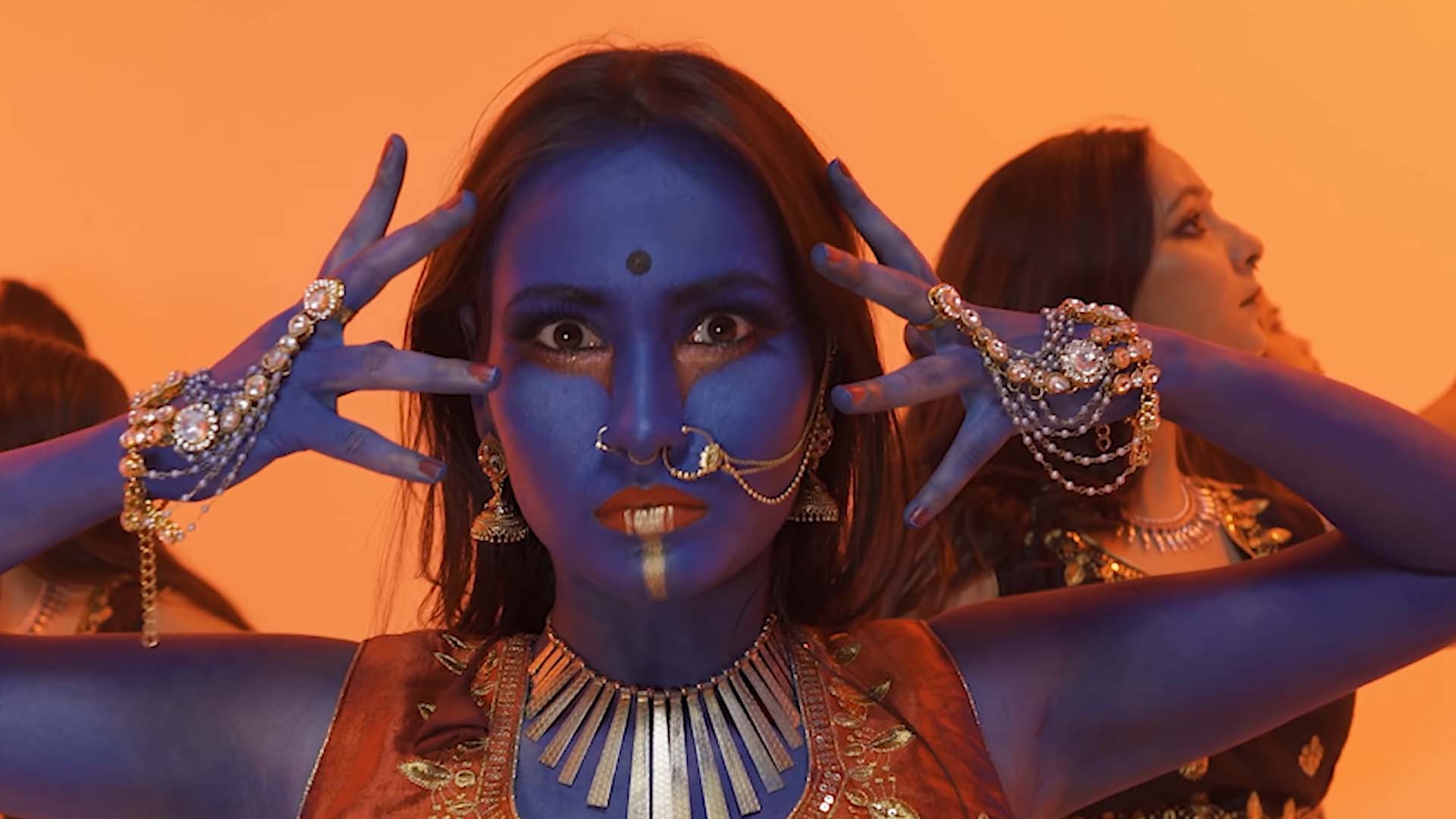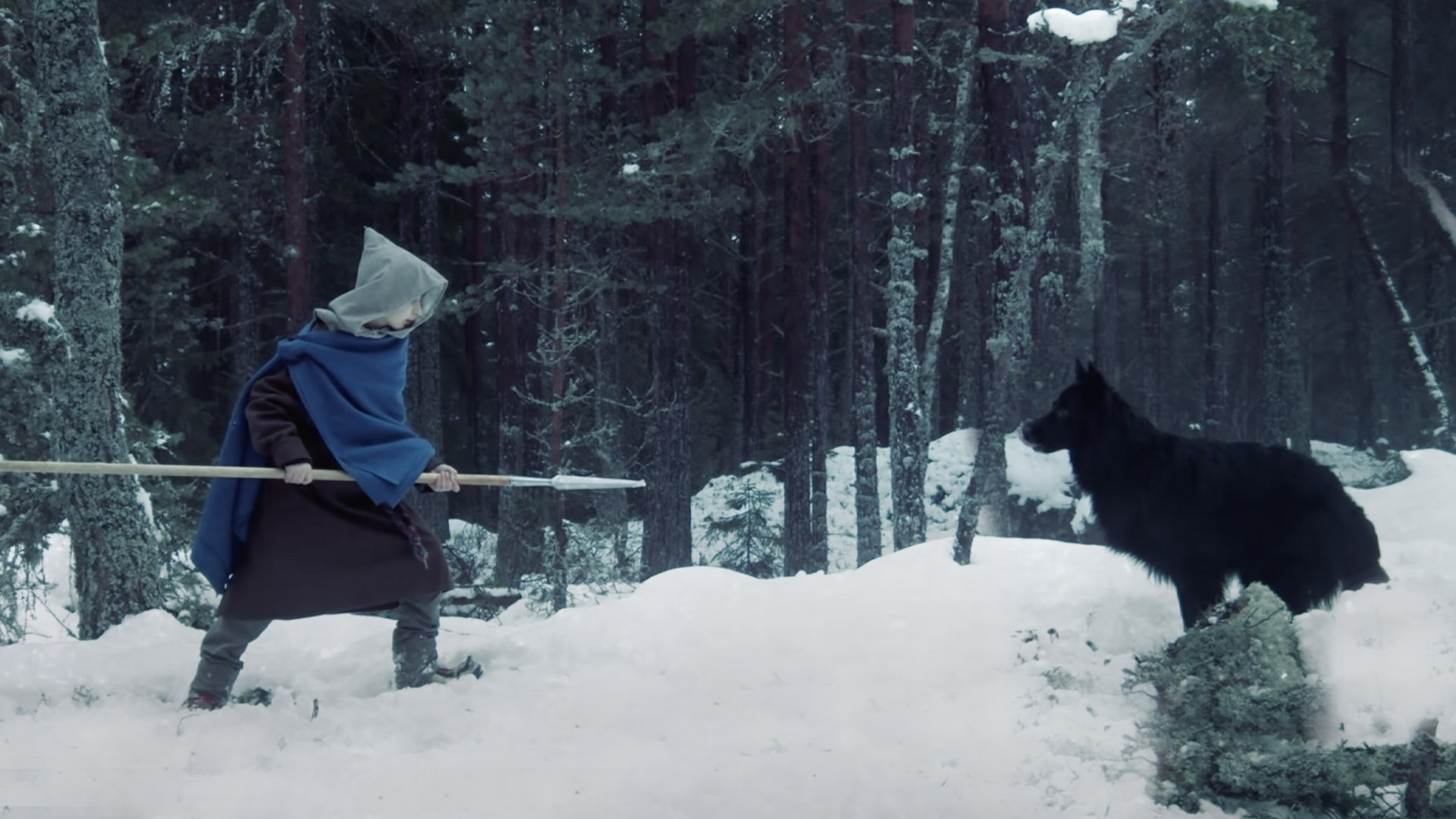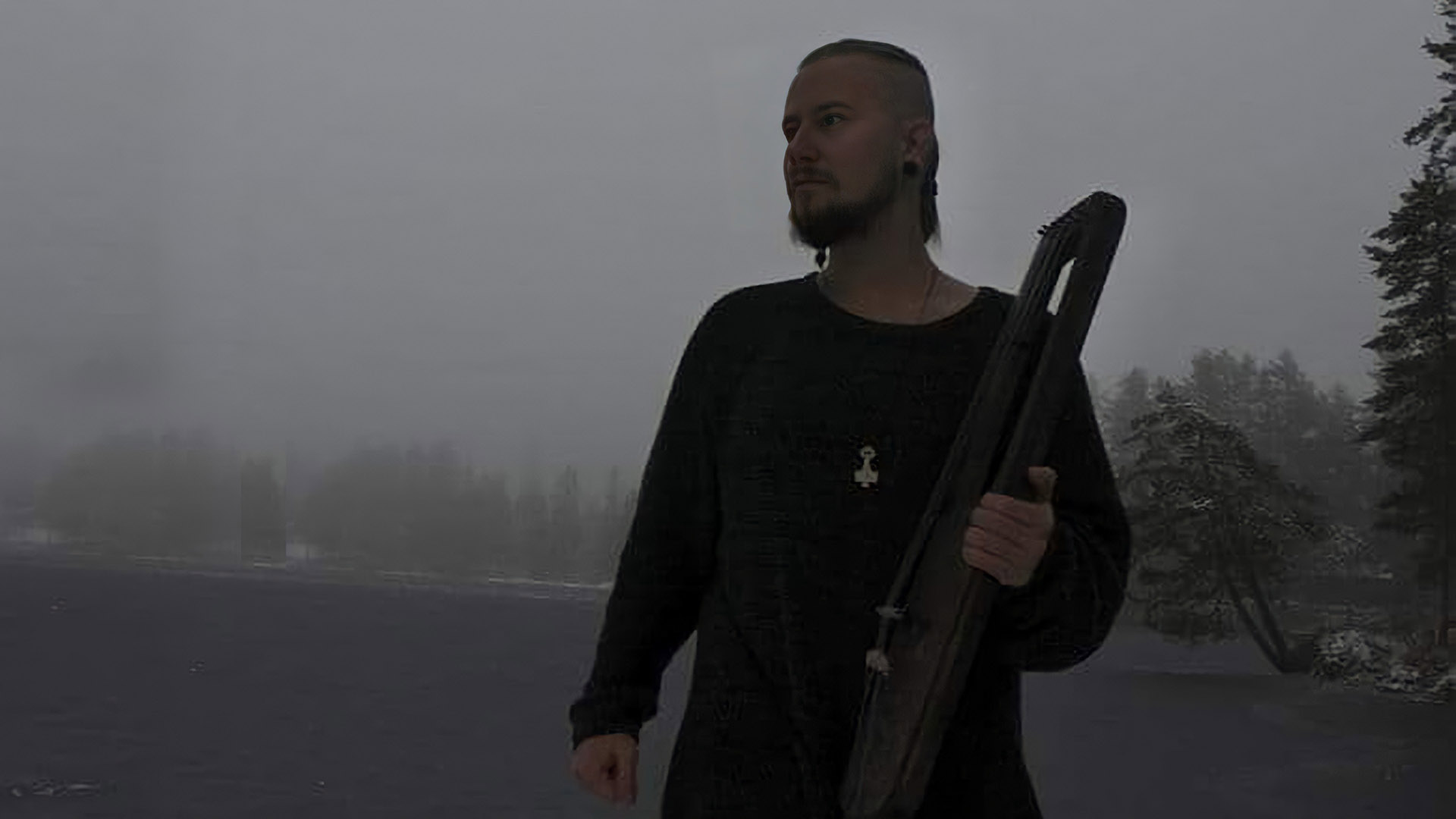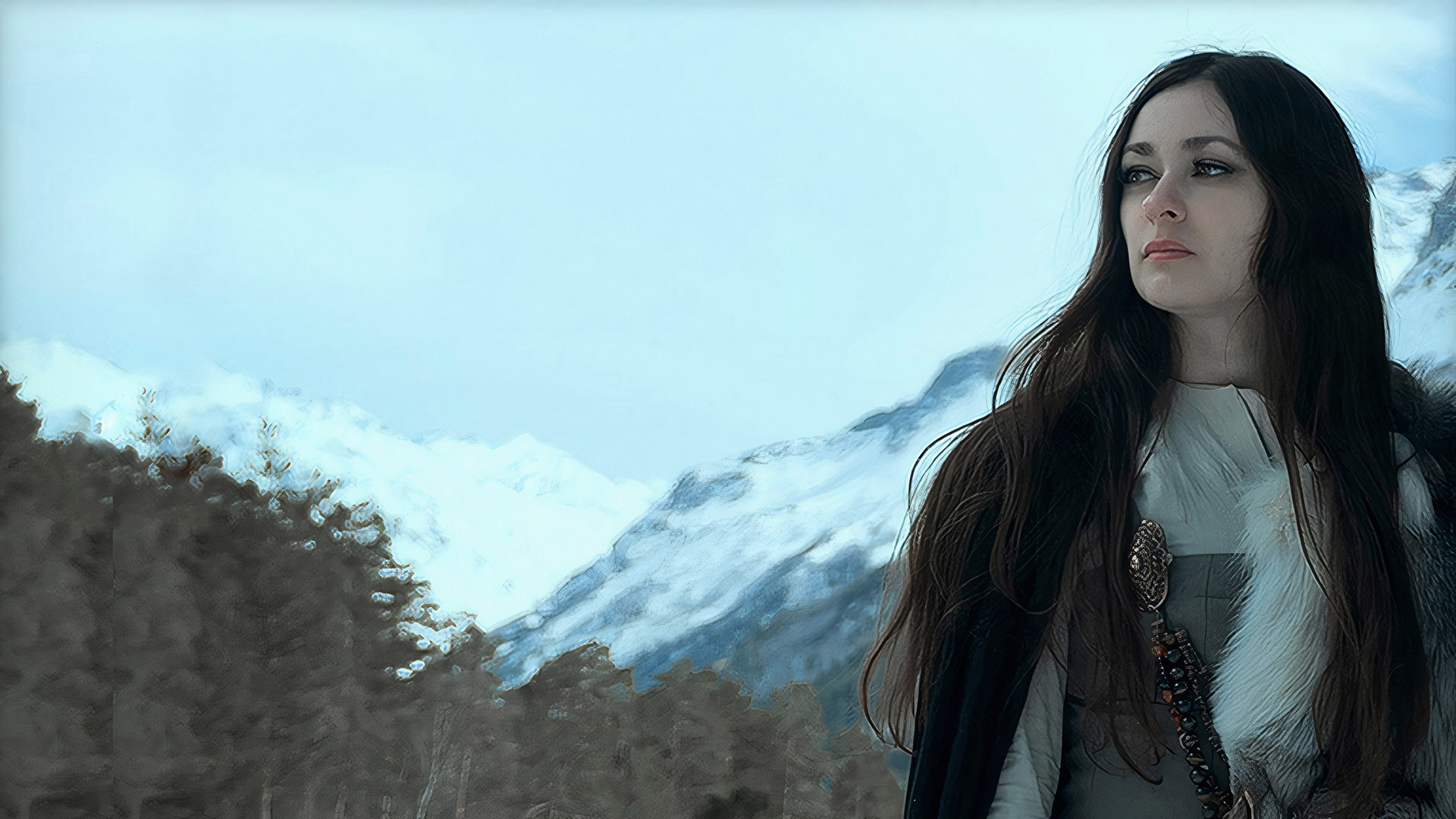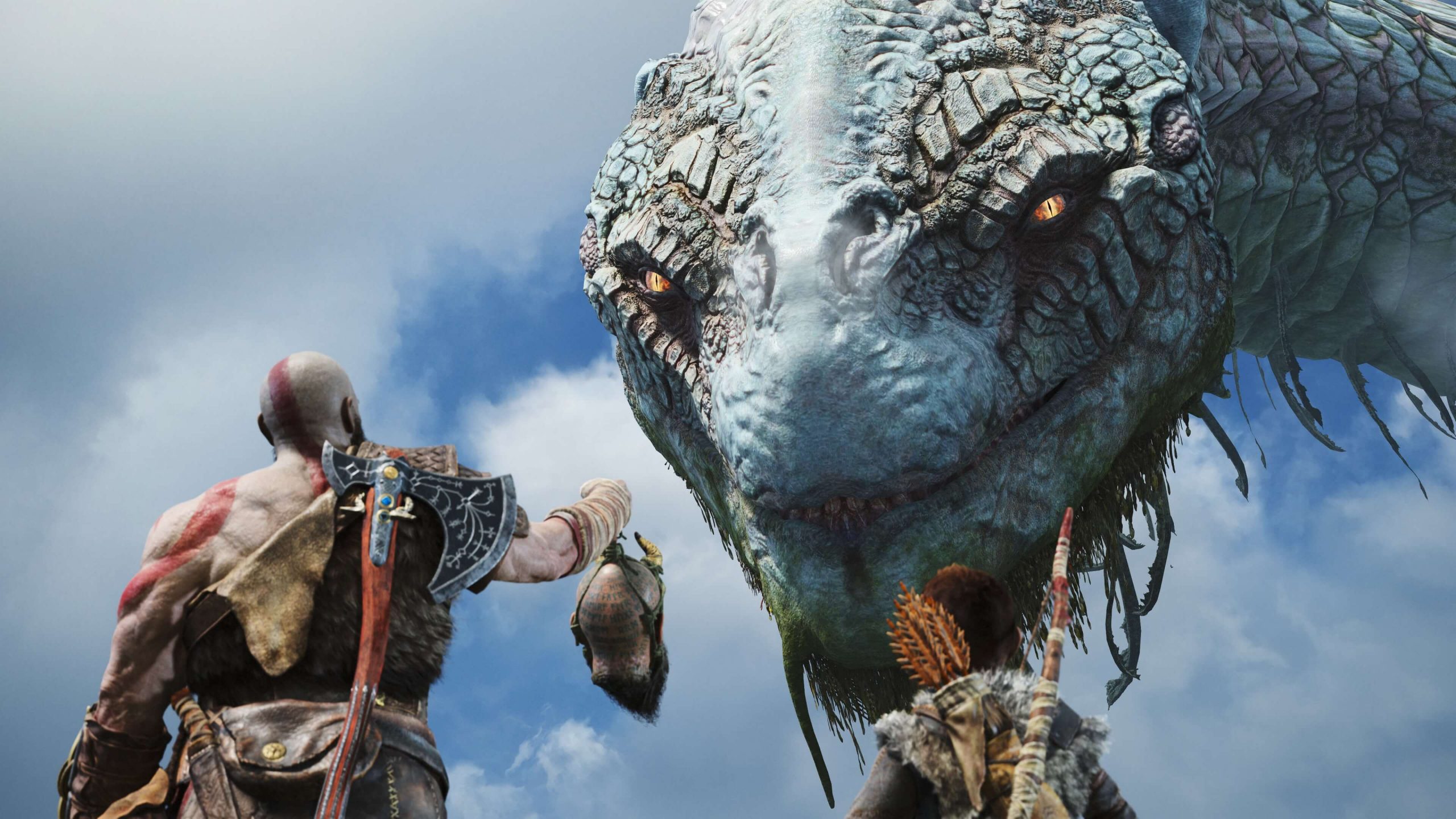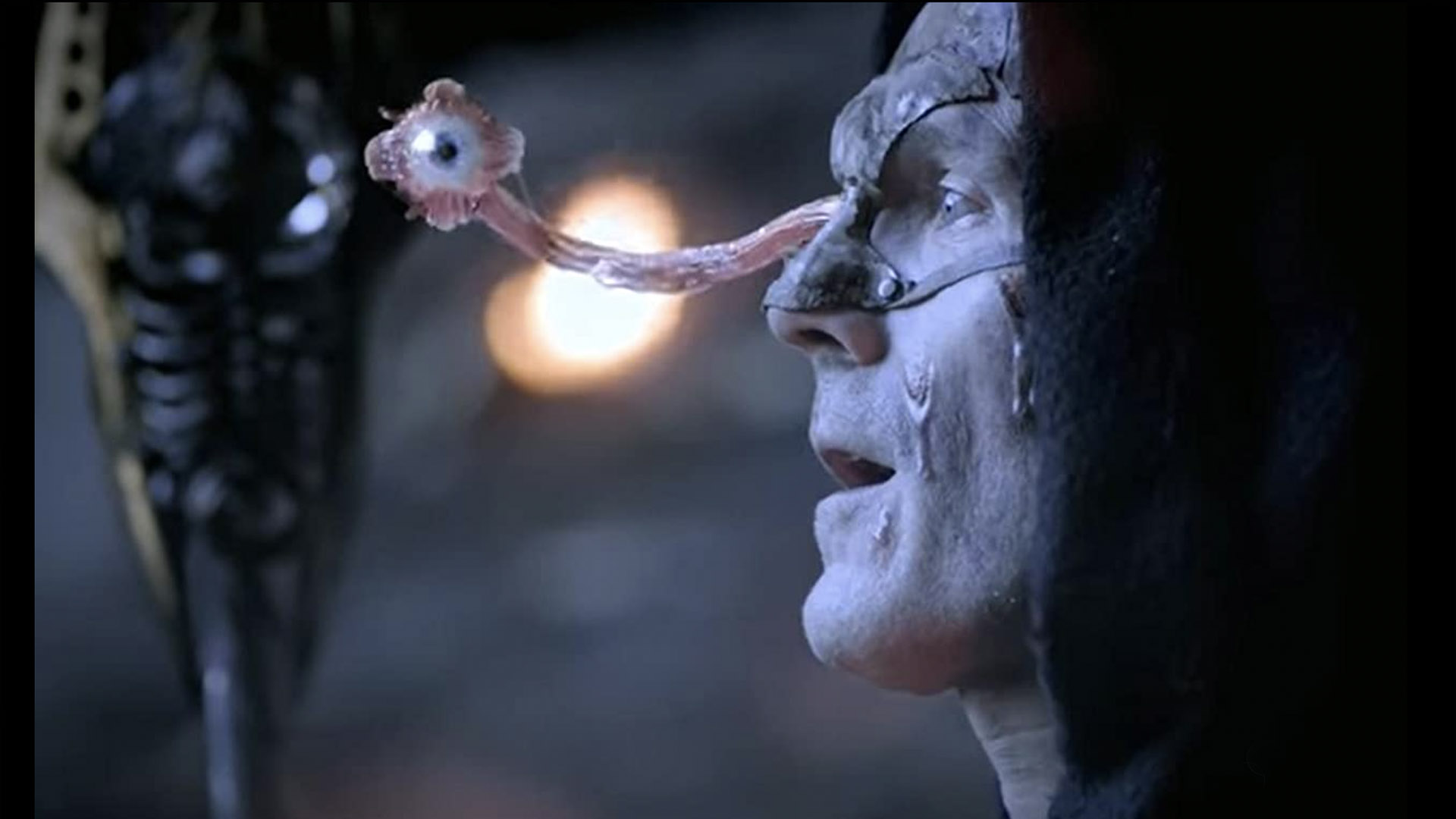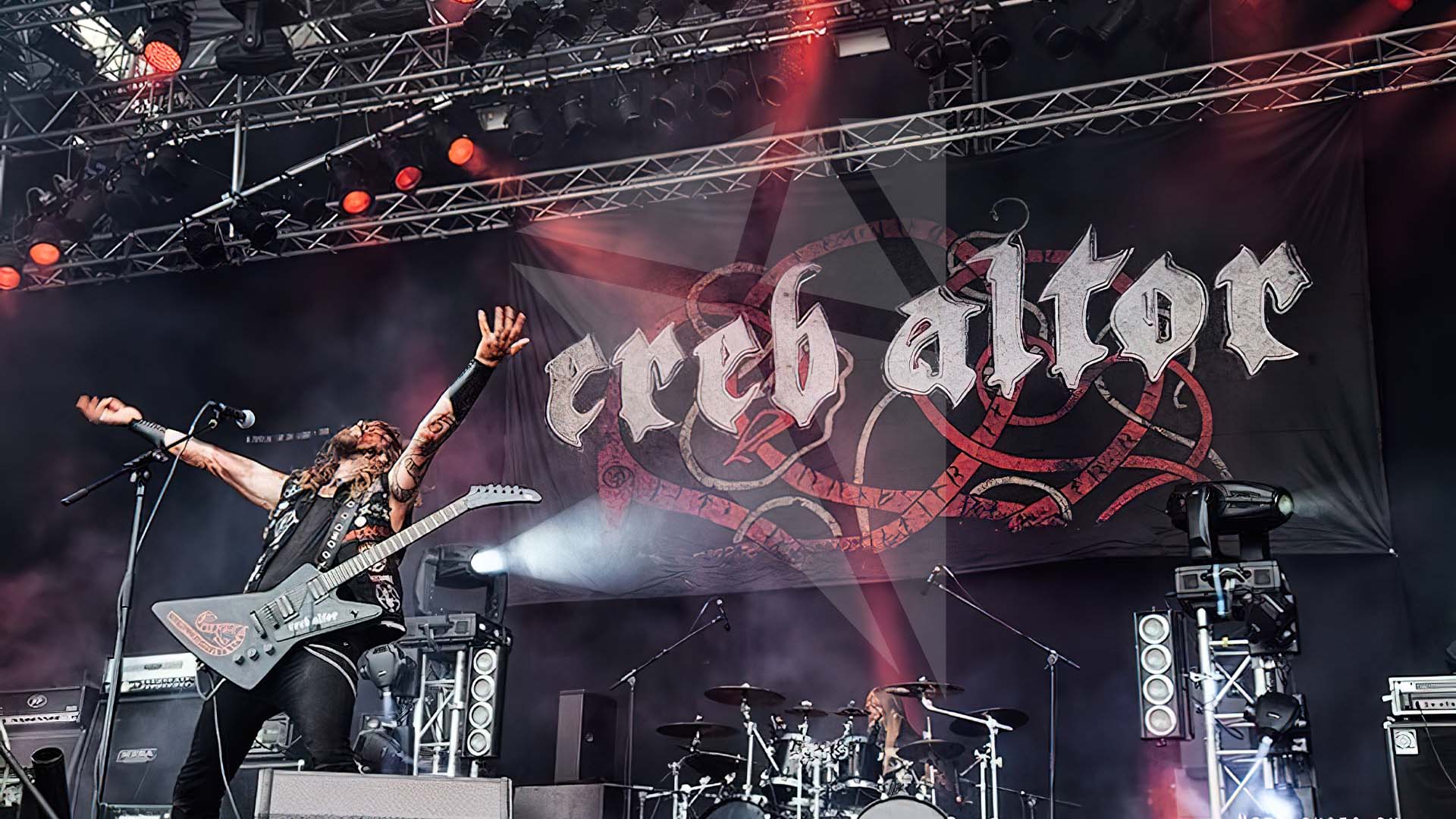August 13, 2021 — One hundred years after the end of his era, the echoes of Ragnar Lothbrok and his sons can still be heard from the far reaches of Scandinavia and Finland, as the followers of Odin have not been forgotten. History Channel began its historical fantasy drama Vikings in 2013, which in the modern-day and age can feel like an eon.

A selection of the new ‘Viking: Vahalla’ cast. Image courtesy of Netflix.
Due to its overwhelmingly positive reception, the show ran for six full seasons, until its conclusion in December 2020. By that point, fans of Vikings were well aware that the production of a follow-up series was underway — although in its early stages. As of August 2021, much is known about the highly anticipated Vikings: Valhalla.
A Ship Over Troubled Waters
Despite the explosive, long-winded success of its predecessor, Vikings: Valhalla has had a tumultuous time in production thus far. This is, of course, due in part to filming restrictions and delays brought on by the current pandemic.
In addition to the broad, worldwide shift in protocol created by the “situation”, the production crew even experienced a more localized, virus-related crisis when several members of the cast and crew tested positive in October 2020. This resulted in a suspension of filming efforts and also caused a delay of the new show’s projected release date, placing it somewhere in the realm of late 2021 or early 2022 — the Old Gods willing.

A newly designed serpent decorates the prow of a Viking warship. Observe the Christian cross.
In all likelihood, Valhalla’s production team is fully aware of the stakes and is working as hard and fast as they are safely able to, surely cutting corners and taking a few calculated risks. Since its initial announcement in late 2019, the fanbase of the original series has awaited Vikings: Valhalla with the dedicated vigor of a blood-thirsty raiding party about to make landfall.
Centuries in the Making
Part of the potent allure of History Channel’s Vikings was its cast of characters. Ragnar Lodbrok is one of the most renowned and legendary figures in Scandinavian history — even without fantasized fictionalization, what is known of his life makes for a compelling series of tales. By compiling various historical sources and fusing them with fictional, fantastic embellishment, seasoned writer Michael Hirst (The Tudors, Camelot) was able to create an absolute sensation. Now, Vikings: Valhalla is poised to operate on an even grander scale.
Hirst has agreed to take on the role of executive producer for Valhalla, but the show will be written and run by American filmmaker Jeb Stuart — who is known for some of the most classic movies to come out in the 80s. Vikings fans will perhaps be wary of the new face at the helm of their much-beloved series, as Michael Hirst’s screenwriting style and narrative decision-making played a, frankly, massive part in the overall excellence of the original series (although the historical inaccuracy of Vikings’ costume design remains a blatant mystery.)
“Jeb Stuart is an accomplished writer with some remarkable movie credits, having worked on classics like ‘Die Hard’, ‘The Fugitive’, and ‘Another 48 Hrs’ — thus, the outlook for ‘Vikings: Valhalla’ is explosively positive.”
That aside, since Stuart is a highly accomplished thriller writer, responsible for films like Die Hard, The Fugitive, and Another 48 Hrs, the prospect of the Vikings spin-off series is looking more than promising. Also, it should be noted that Hirst’s willingness to executive produce Stuart’s upcoming Valhalla is a vote of confidence from the very man responsible for the inception of the Vikings phenomenon and its spread around the globe — surely a good omen for its continuation, one that Odin himself might approve of provided the stars line up as planned.
With a different writer in charge of the show, the end result will no doubt be a world with a whole new feel to it, although this is far from the most momentous change. Set a full century after the events of the original Vikings, towards the end of the Viking Age but very much within the same cultural circles, Valhalla will offer viewers further insight into the fate of Hirst’s historical fiction world. Ragnar and his sons and warriors will be obscure figures of the past in Valhalla, whispered, and sung about in legends — as they once actually were. No matter film or fiction, their deeds have irrevocably shaped the world — but is the portrayal of Norse history and Viking culture truly better off for it?
You’ve been waiting patiently and the wait is over!
Get your first look at Vikings: Valhalla courtesy of @NetflixGeeked pic.twitter.com/9XW19sTH2b
— Netflix (@netflix) June 7, 2021
Over the Hills and Far Away
Vikings: Valhalla will follow the life and exploits of the famous Leif Erikson (portrayed by Sam Corlett), son of Erik the Red who “discovered” North America. Those who know the history will note the choice of lead character opens up the potential of numerous thrilling narratives.
Like Ragnar Lodbrok’s character in the original series, Erikson was a capable sailor inflicted with incurable wanderlust, traits that seem to have run in the family. Erik the Red was, after all, the man ultimately responsible for the Norse settlement in Greenland. As for Leif himself, he would sail ever further from his father’s birthplace of Norway and become the first Norseman to settle in the land known as Vinland. This is thought to be somewhere near modern-day Newfoundland, as indicated by the site of L’Anse aux Meadows discovered in the 1960s, making Erikson the first European to set foot on continental North America — nearly a full five full centuries before Columbus.
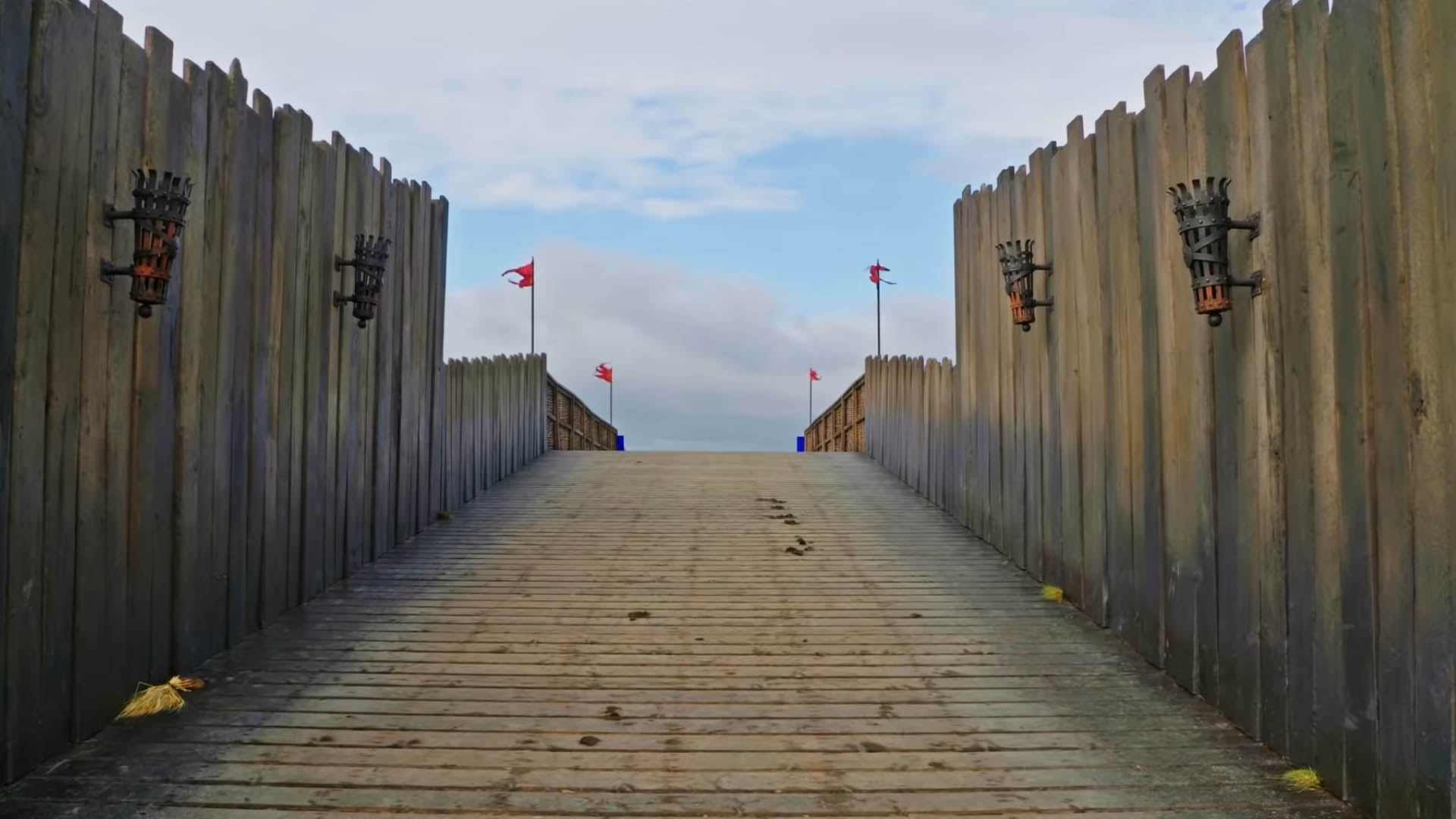
This alone would indicate the expanded world of Valhalla is larger and vastly different than the world inhabited by Ragnar and company in Vikings. But there is much more — times have changed considerably by the year 1,000 CE, and Northmen (the Norse, aka Viking Age Norwegians) have taken control of most of England, while the Danish Vikings are running Normandy in France, and thus Viking life itself has also changed.
It is rather safe to assume that the interactions between Vikings and Native Americans will, at the very least, be touched upon briefly. This cultural collision is known to have resulted in violence, and the eventual departure of the Scandinavian sailors and their families from Vinland. However, strife on the newfound shores will definitely not be the only warlike conflict of the series, or even the most prominent.
Divinity Divides
History buffs may have suspected that Freydis Eriksdottir (Frida Gustavsson) would also appear among the lead cast members of Vikings: Valhalla alongside her brother, Leif Erikson. Historically, Freydis is said to have been a strong-willed, if unscrupulous, woman. She was capable of great deeds but ultimately committed terrible treachery and lies which resulted in the slaughter and torture-killing of several men and women — some of which Freydis murdered herself.
Freydis’s actions in the sagas placed her at odds with her brother. Based on what is already known about the plot of this new series, it is possible that the two siblings will act as opposing forces in the fiction of Vikings: Valhalla, for grander reasons.
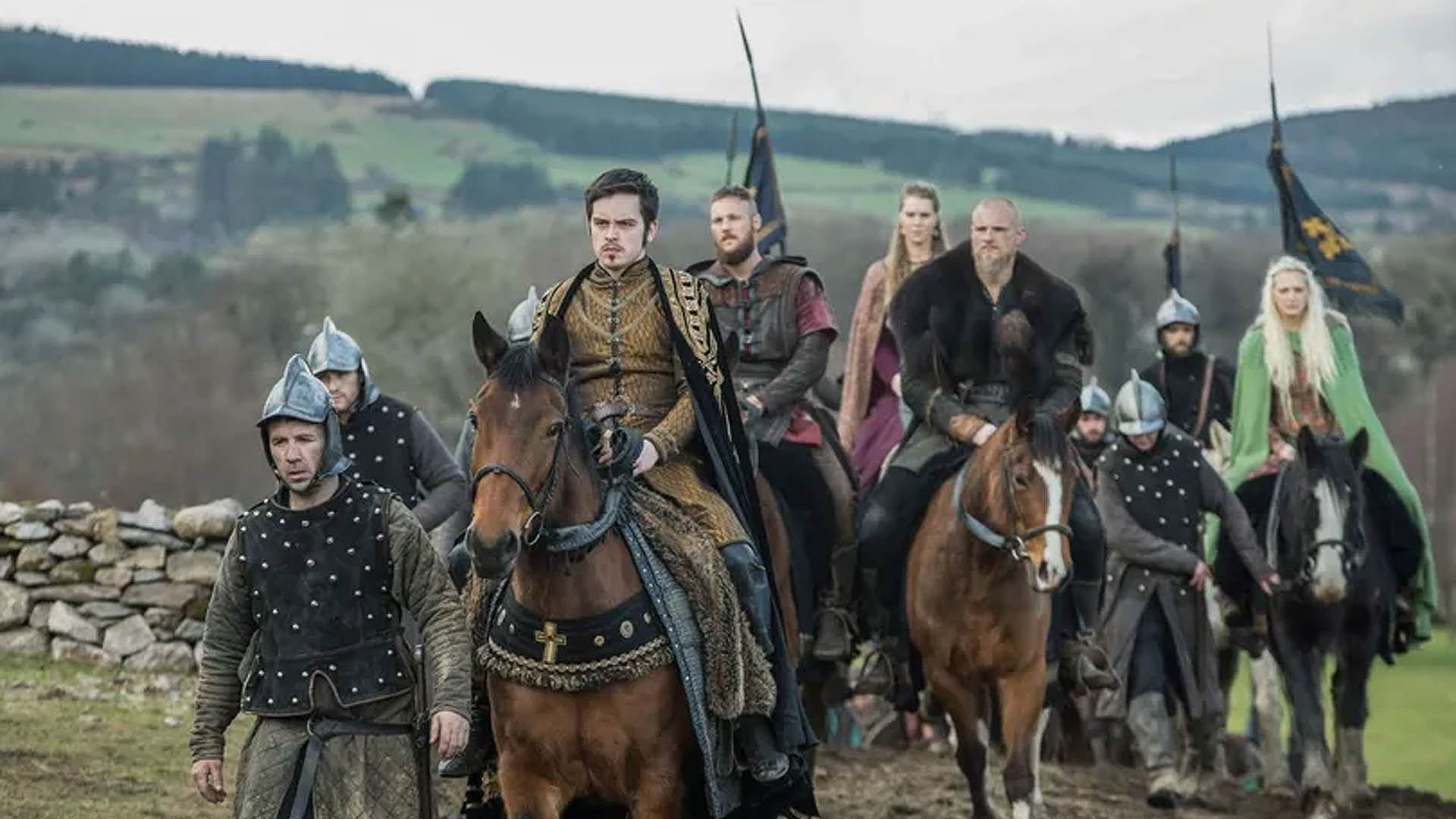
Historically, Leif Erikson was a driving force in the Christianization in ancient, western Scandinavia. Although he was most certainly an explorer, Erikson was, first and foremost, a missionary. According to Vikings creator Michael Hirst’s remarks on the plot and status of Valhalla, Freydis’s character in the show is vehemently anti-Christian, loyal to the “Old Gods,” to a violent point. While no public statements have been made about Leif’s missionary exploits being included in the fiction of Valhalla, it seems unlikely that the most concerted effort of the man’s life would be completely left out.
With all of this in mind, it is evidently — and strongly — possible that Leif and Freydis will find themselves at war with one another during the series. This is, however, merely a hypothesis — albeit with one foot planted soundly in history. There are plenty of things that are known for certain, though.
Heavy Hangs the Head that Has The Crown
Fans who have kept up with the details of Vikings: Valhalla, as they have come out, will already know what the primary driving conflict will be — a quest for power. Specifically, a war for the English throne — a conflict ignited by the death of Edward “the Confessor,” one of the last Anglo-Saxon kings of England. It would not be surprising to see Leif Erikson and Freydis Eriksdottir vying against one another for the throne of England — one seeking to gain power and wealth in order to further his missionary efforts, and the other wanting land upon which to build a new home for the dwindling members of her heathen faith in the Old Gods.
Though — as the original Vikings demonstrated on more than a few occasions — it is possible the fictionalized screenplay will turn out differently than what history may suggest. This, of course, comes with the territory of an embellished, semi-fictionalized work of art — and makes speculating about the show all the trickier (and more interesting for the speculator.)
The children of Erik the Red may yet form a tentative alliance with one another — based on their blood relation — during the war for the English crown. It is known the main conflict of Valhalla will include several other players, most of the historical rulers of England at one point or another. William the Conqueror (actor unannounced) — a descendant of Rollo — claimed, however unsuccessfully, both the Danish and English thrones for himself. If history is any indication of fiction, he will almost definitely be among those fighting for the crown. This, however, has not been directly confirmed.

King Canut (Bradley Freegard), of the Danish Vikings, rides forth — seemingly uninvited.
Harald Sigurdsson (Leo Suter), also known as Harald Hardrada (or “hard ruler”) and his half-brother Olaf “the Holy” Haraldsson (Jóhannes Haukur Jóhannesson) have also been given Valhalla roles. It is unknown whether the two will fight together in this fictional war for the English crown, but Hardrada himself — whose real, historical past transcends fiction — is confirmed to be one of the participants. And the list does not end here. Given the extensive cast that has already been revealed, Valhalla is all but guaranteed to be a complex power struggle, involving many individuals who will constantly rise and fall, inevitably in a king-of-the-hill-style.
Next in Line is He Who Strikes the Hardest
Emma of Normandy (Laura Berlin) will reportedly also be a prominent character in Vikings: Valhalla, and, by association, this would indicate the involvement of several other historical figures in the plot. Over the years, Emma sat upon the Norwegian, Danish, and English thrones, courtesy of her marriages to Æthelred “the Unready” (Bosco Hogan) — whose son was Edward “the Confessor” — and the Danish Canute “Knut the Great” (Bradley Freegard). Canute also brings with him into the story his first wife, Ælfgifu (Pollyanna McIntosh), and Godwin of Wessex (David Oakes), a powerful Earl and father to Edith of Wessex, who was married to Edward.
“Sadly, the battles in ‘Vikings: Valhalla’ are unlikely to reach the same scale as those in the original ‘Vikings’ — in fact, series creator Michael Hirst has gone on record saying they will not.”
Historically, Canute succeeded Æthelred, and was himself succeeded by his son Harthacanute, who was then succeeded by his half-brother, Æthelred’s son, Edward “the Confessor”. In history, these events happened over multiple decades. However, in all likelihood, historical events will be crunched and modified to fit a viewer-friendly narrative, as with the storyline depicted in the original Vikings. In any case, with this many claimants to the throne, along with all of their families, Valhalla looks to be telling the story of a more heavily contested kingship — by a more diverse cast of characters — than the tale woven by its massively popular predecessor.
Although it is hard to imagine that the battles depicted in this follow-up series will reach the same scale as those in the original Vikings — in fact, Michael Hirst has gone on record saying they will not — it seems that Vikings: Valhalla will instead excel at telling a slightly more nuanced story, which might point to a screenplay that bears an inkling of Hirst’s earlier work, the highly revered show The Tudors. Rather than closely following the meteoric conquests of one specific Viking family — Ragnar Lodbrok and his sons — it is possible the battleground of the new Valhalla series will be a relatively level field with a great many players upon it.
Valhalla Awaits
With all of this said, there is little more speculation to be done, only anxious waiting. However, there remains a couple of interesting confirmed cast members which ought to be noted. Danish jazz singer Caroline Henderson will play the role of Jarl Haakon, leader of Kattegat — which is a sea-based, historical region between Sweden, Denmark, and Norway — Vikings fans will be happy to know that, in Valhalla, the Norwegian port town has grown substantially, and become one of the most important trading posts in all of Europe. This particular character is likely almost entirely a work of fiction — there are a few Jarl Haakons in history, but all were men, and, after all, Kattegat as it appears in the fiction took on more than a little artistic license. The closest historical figure to Henderson’s character is undoubtedly Haakon Erikson, who served as governor of Norway and vassal of Canute “the Great” from 1012 to 1015. However, Henderson herself is credited in all twenty-four episodes of Valhalla. The series will almost definitely take place over more than just three years, so history’s influence here is light, at best.
Receive a weekly summary from Kurgan Compass every Saturday.
But, all said and done, fiction is often fine. Fantasy is a part of what has made Vikings as compelling and as wildly popular as it has become, helping shape a new generation while also being responsible in no small part to the rising popularity of Nordic folk music, the neofolk we so often write about here.
One final confirmed casting for Vikings: Valhalla perhaps cements its fantasy status more than any other. The much-loved and thoroughly spooky John Kavanagh will reprise his role as the Seer of Kattegat, presumably appearing in prophetic visions experienced by others. To warn of what — only time will tell.





